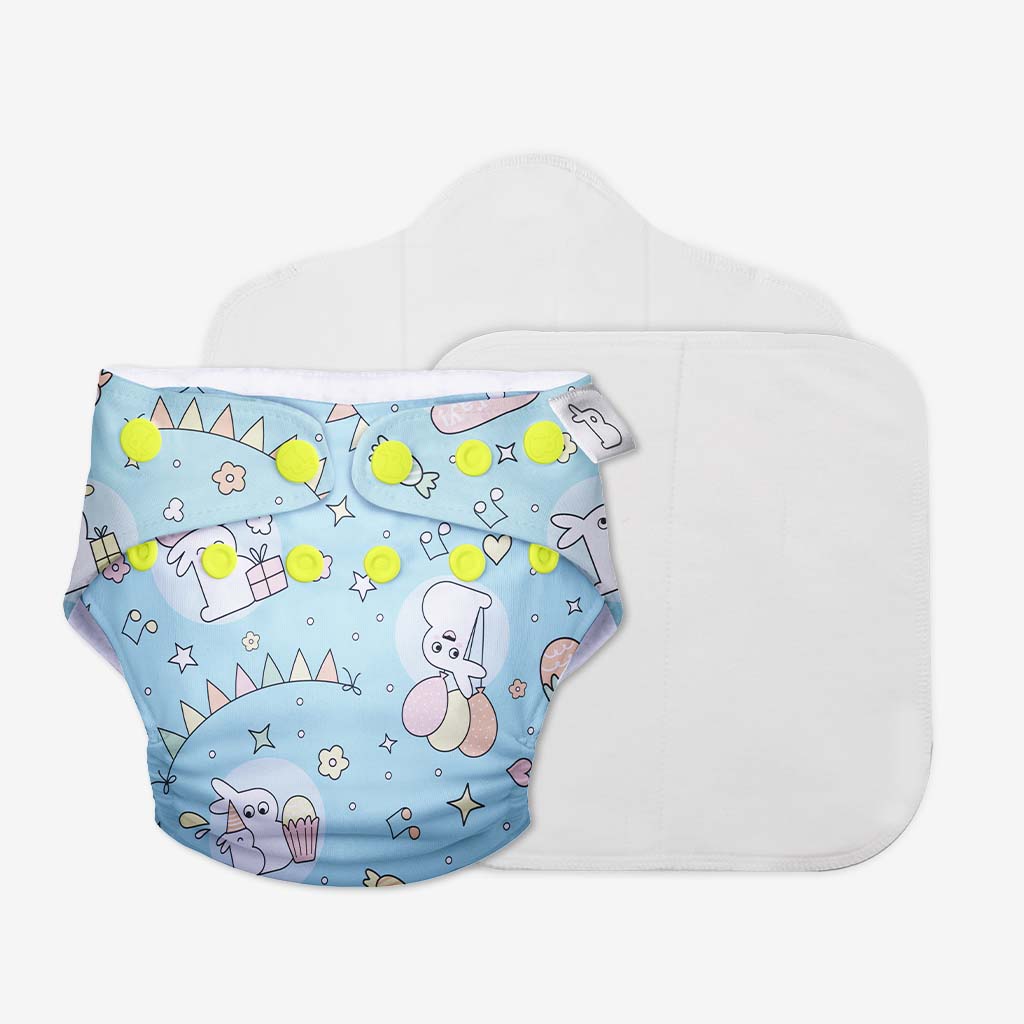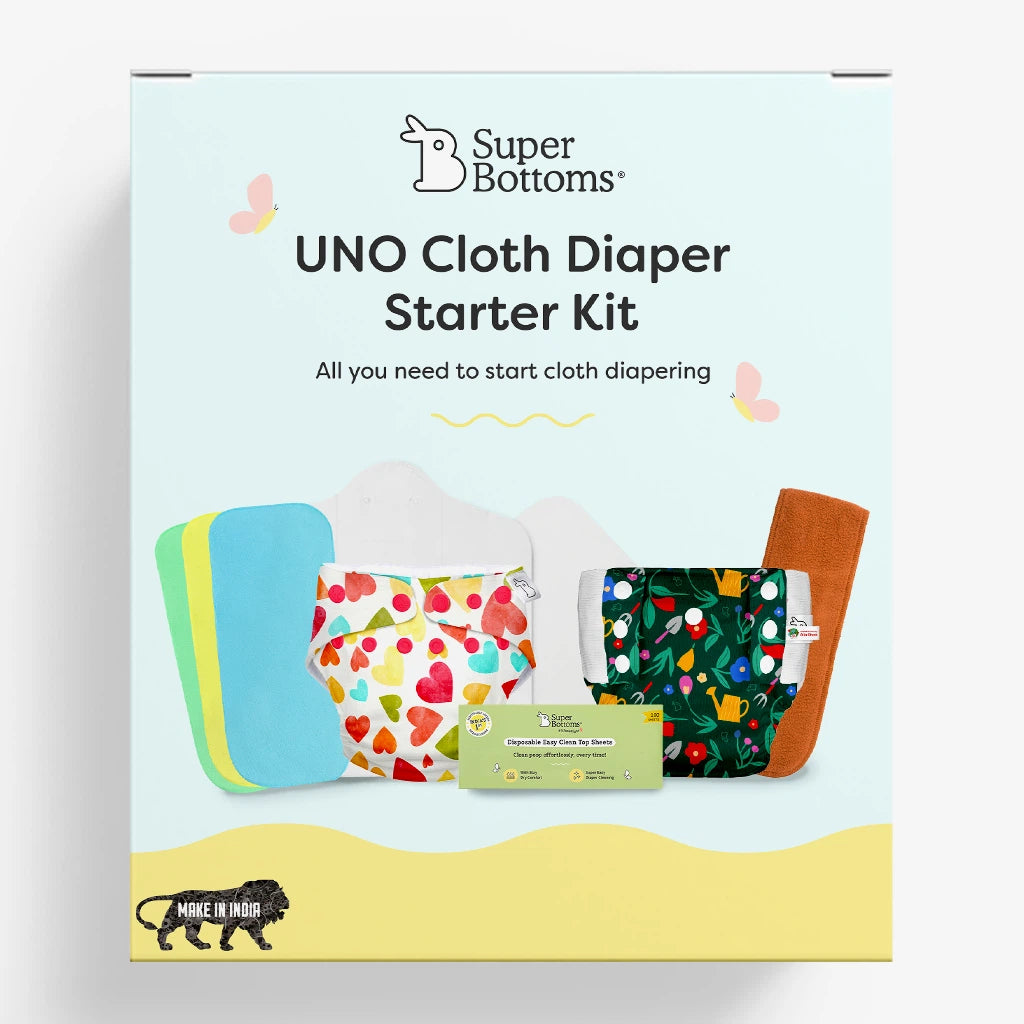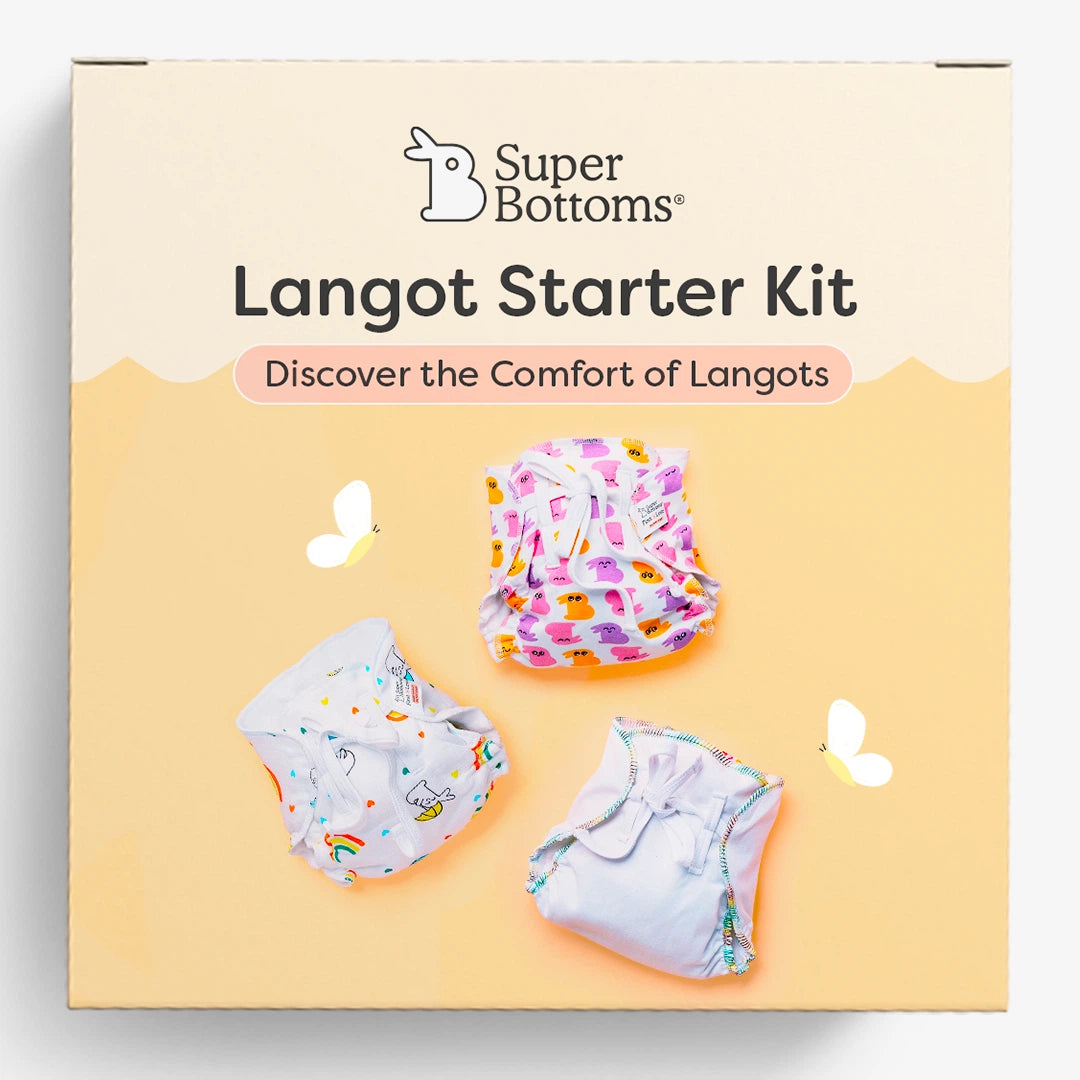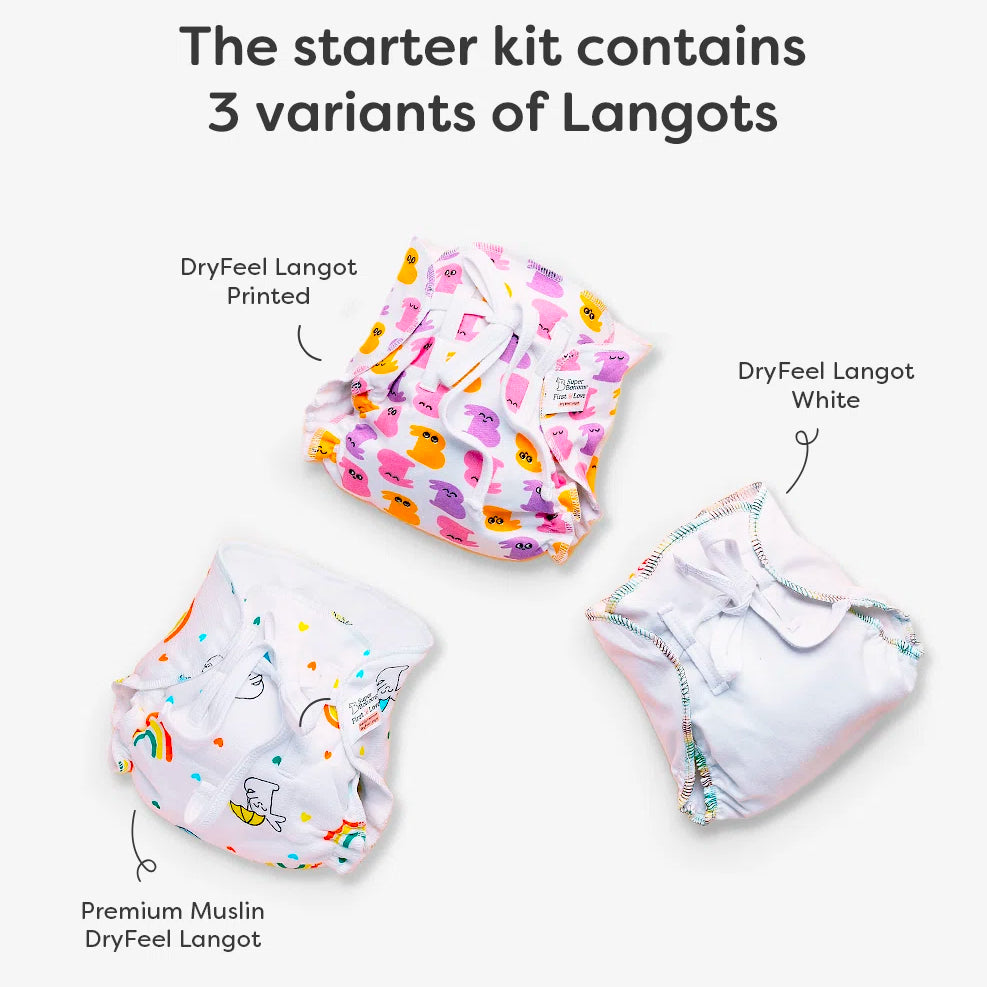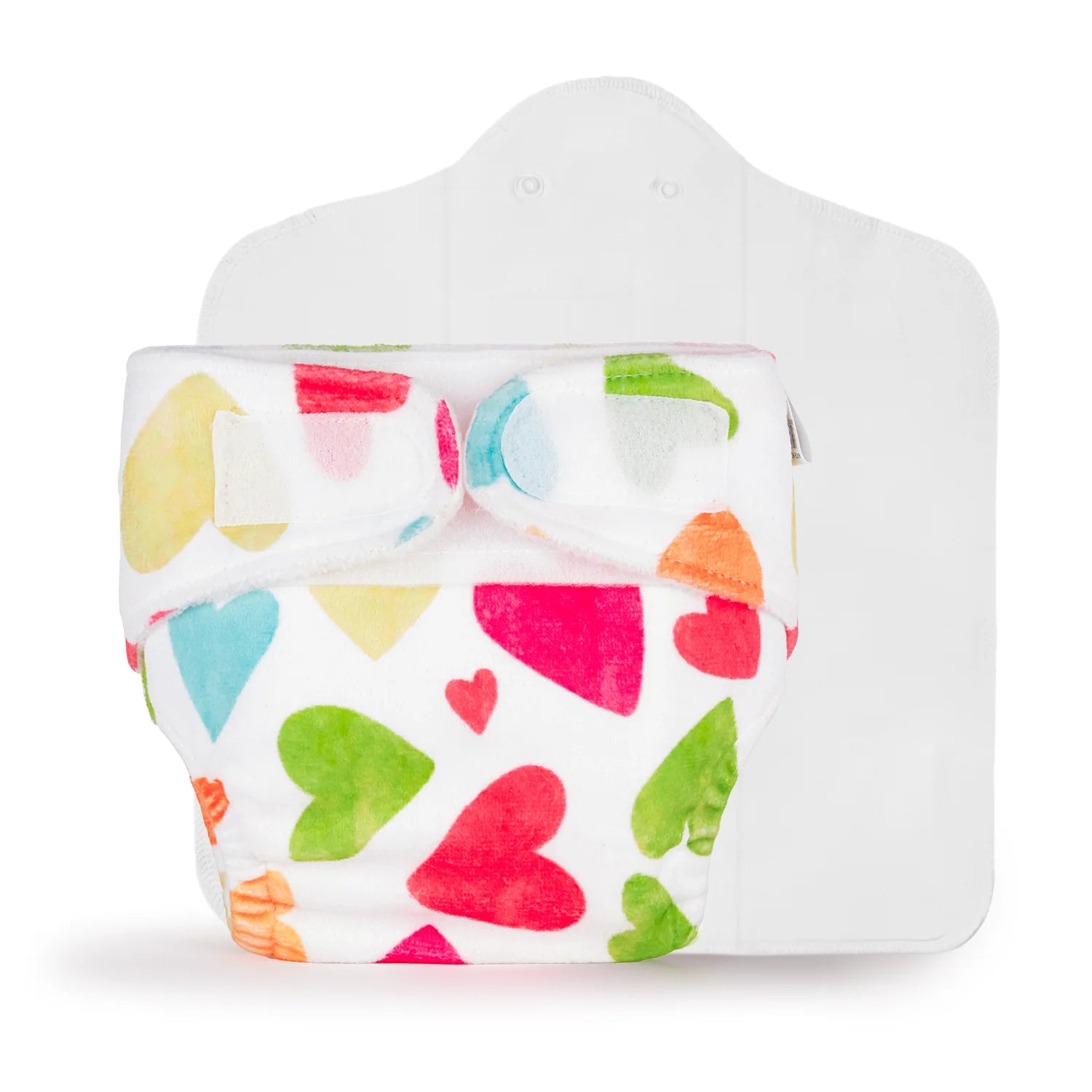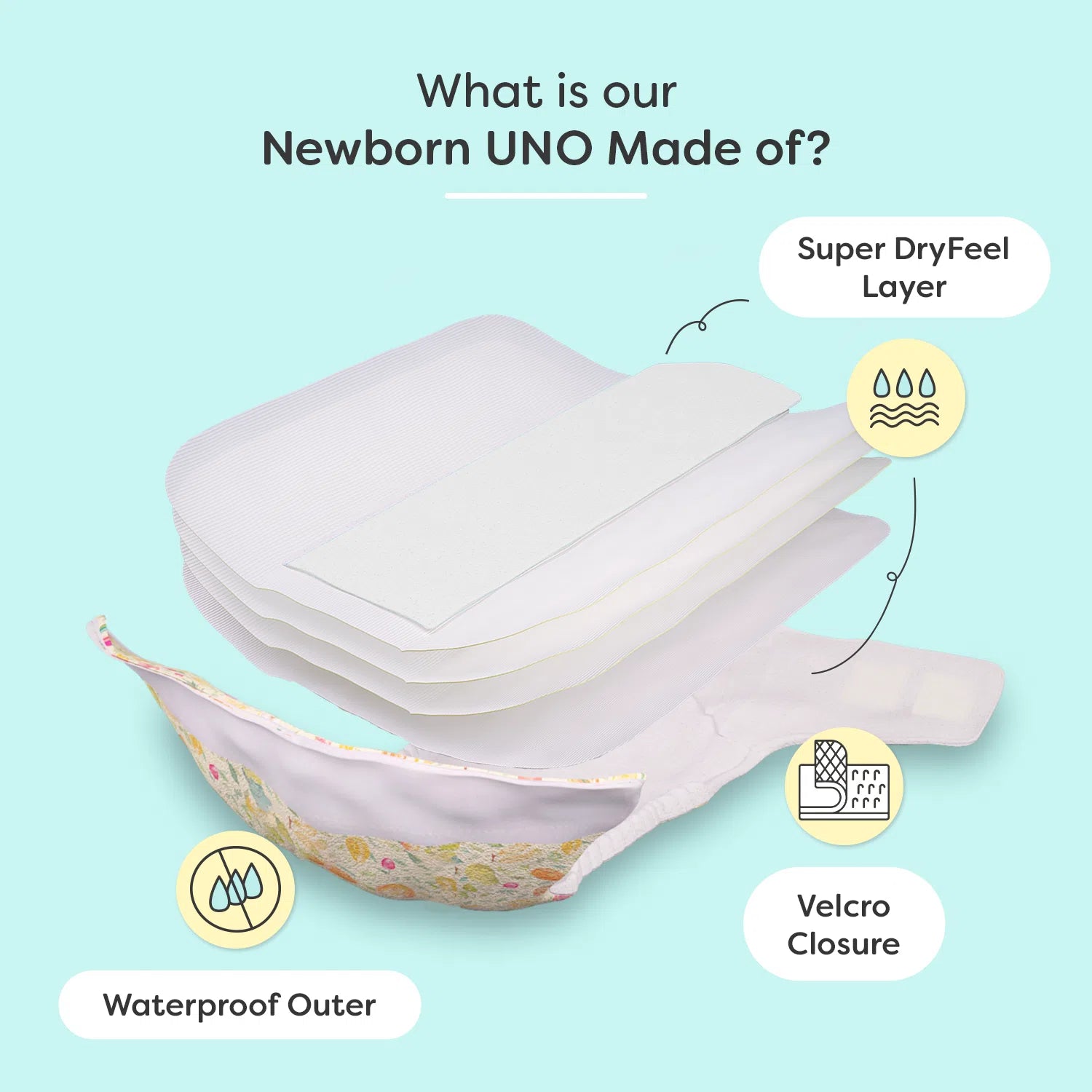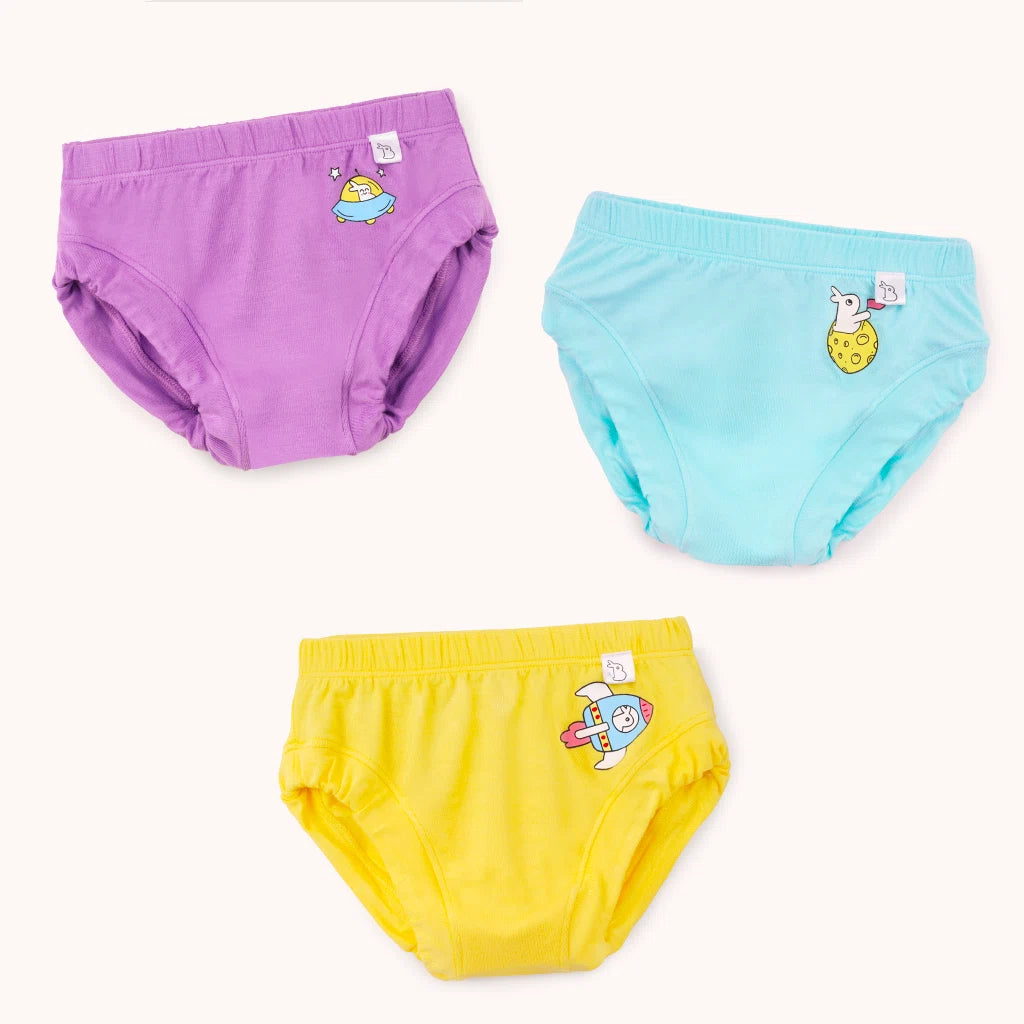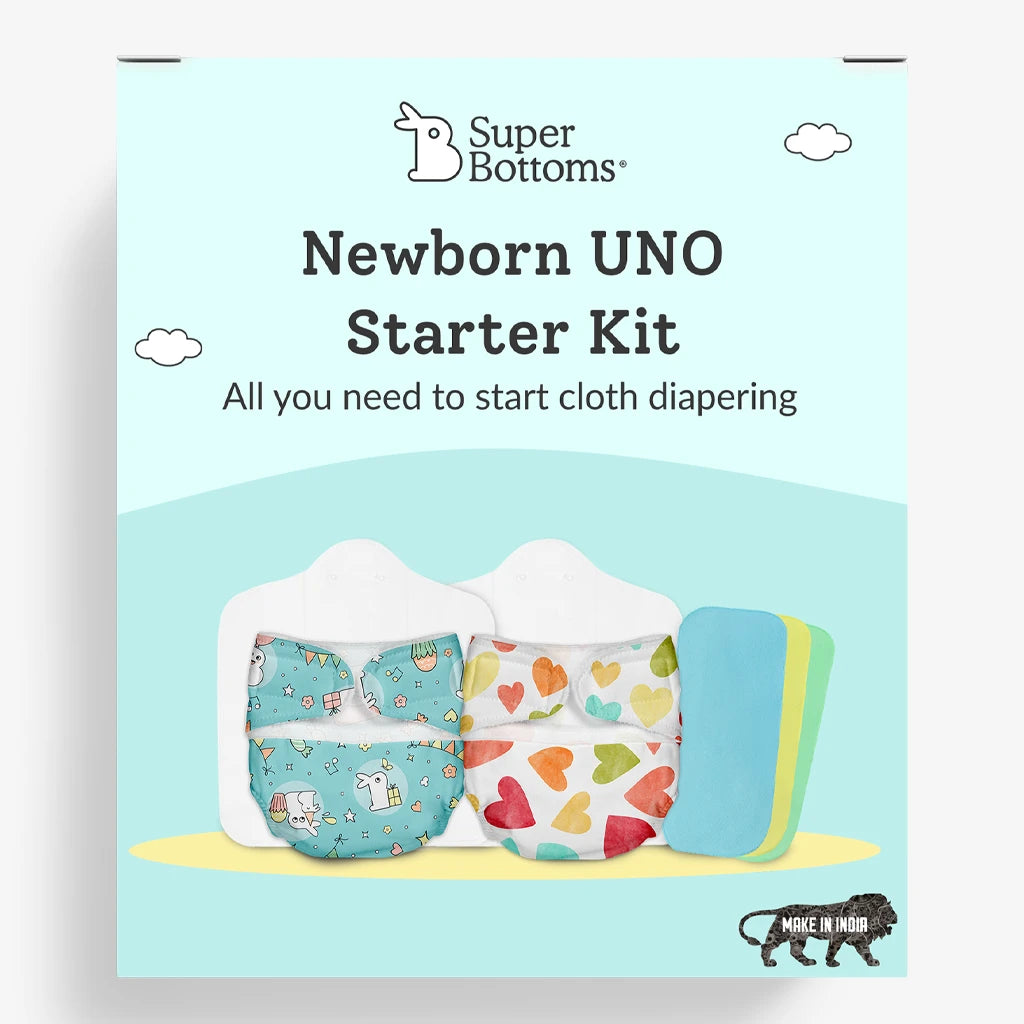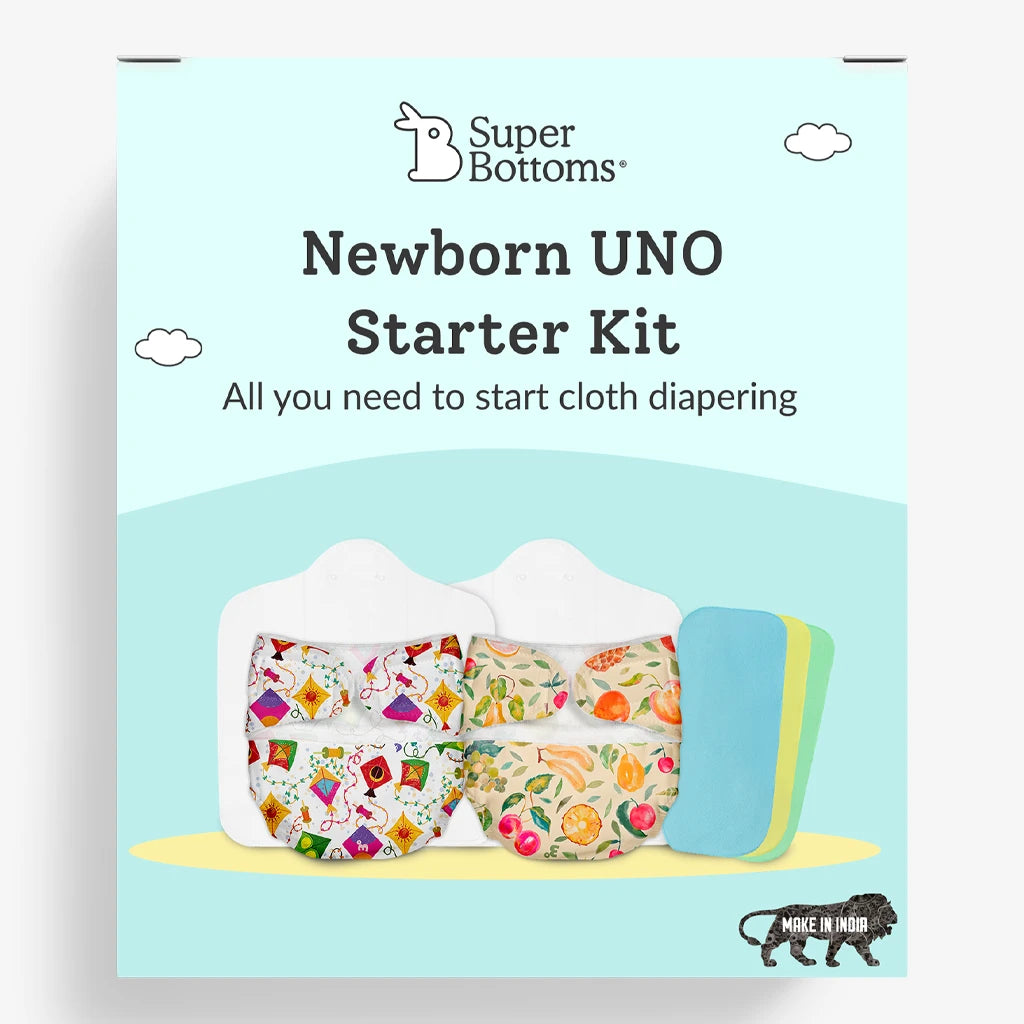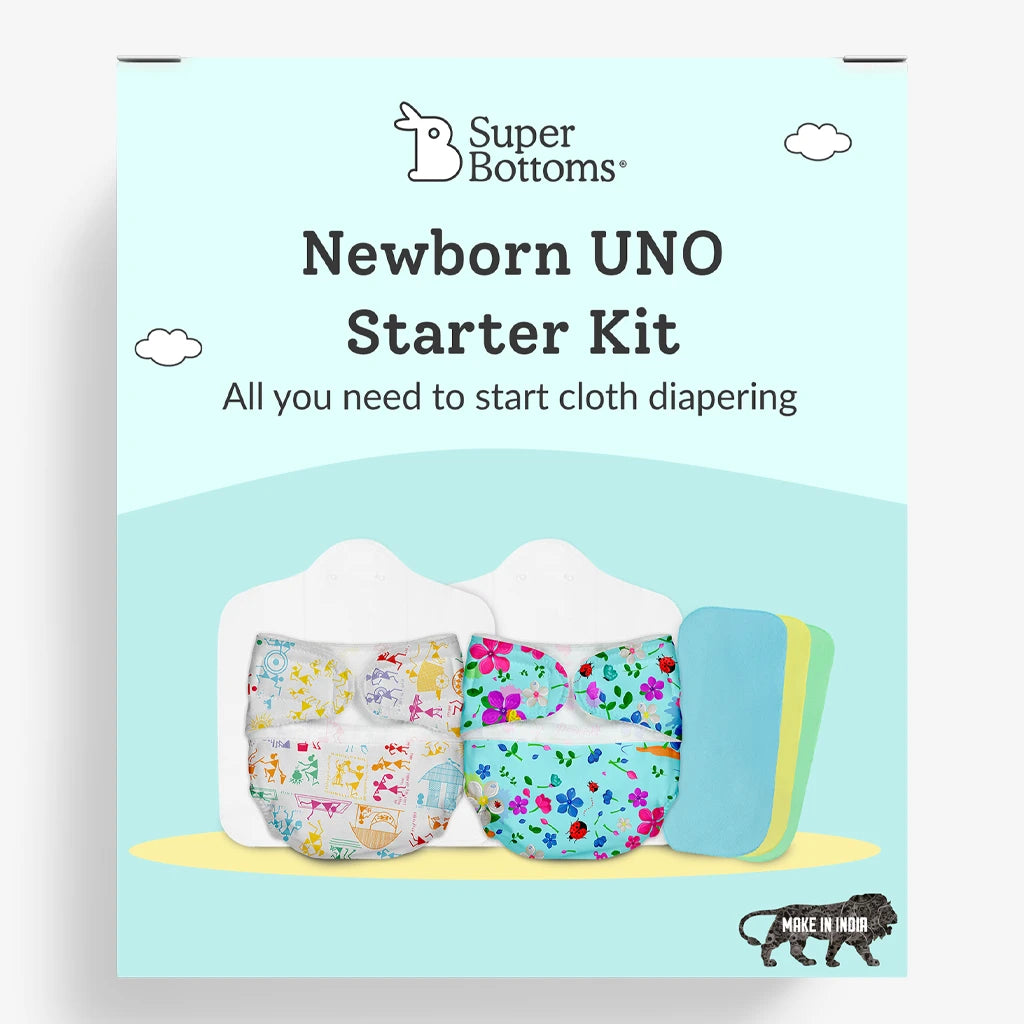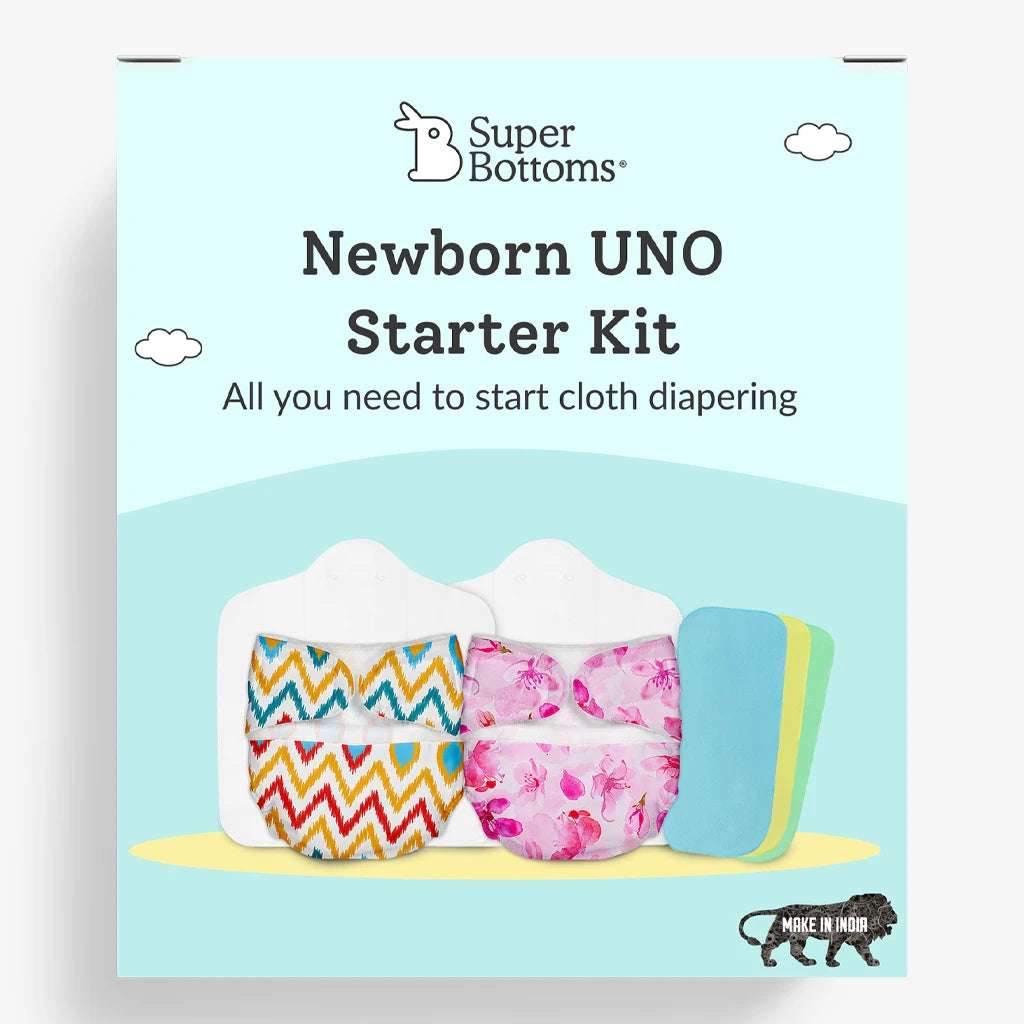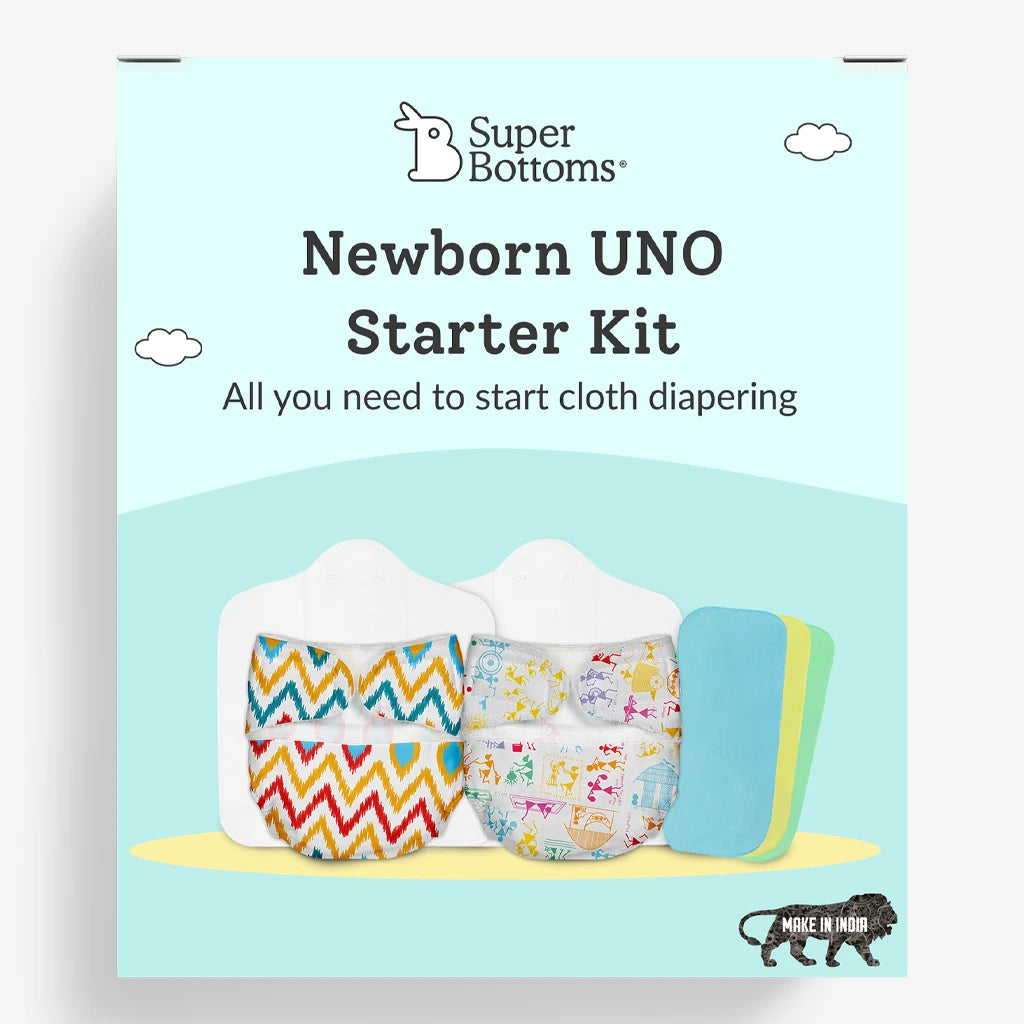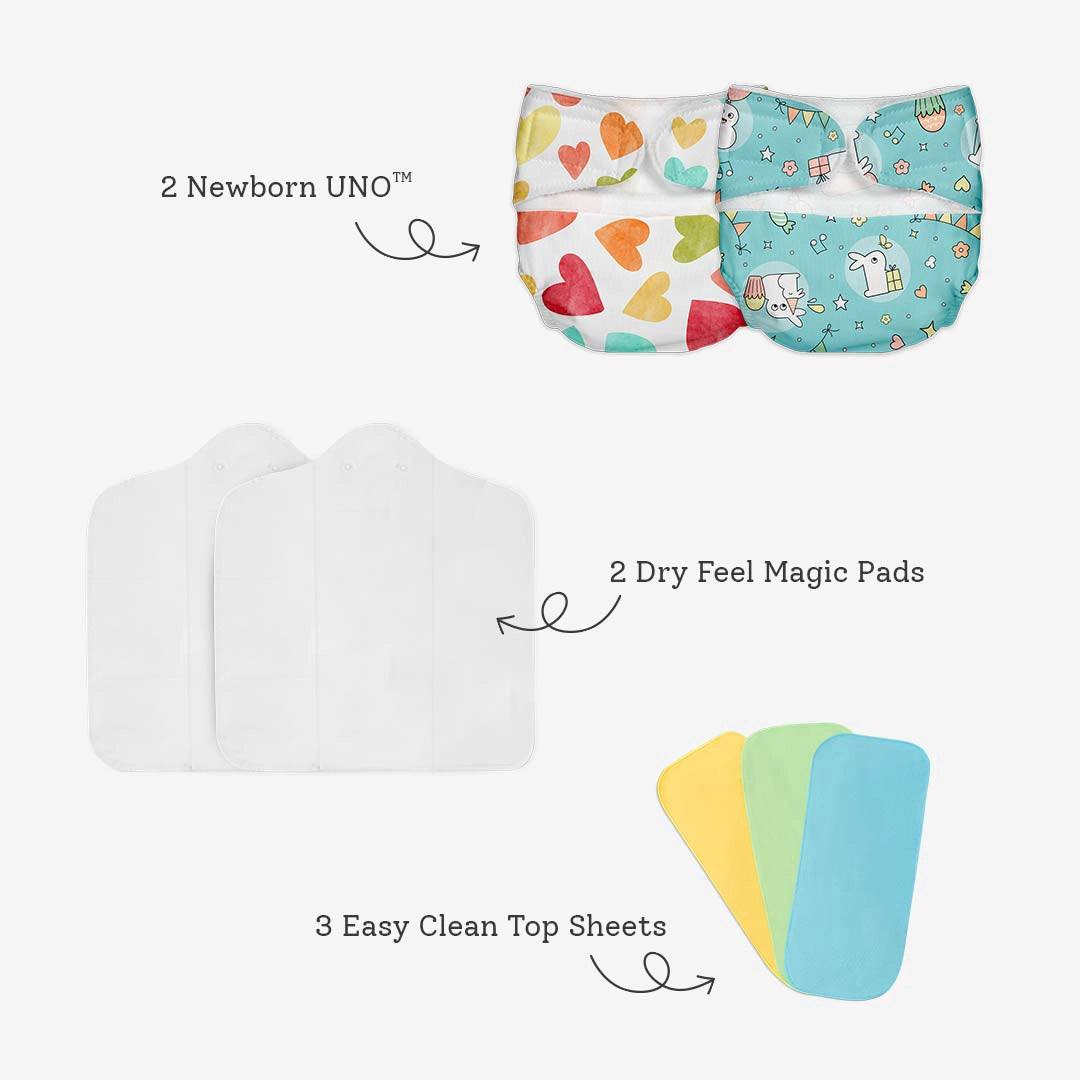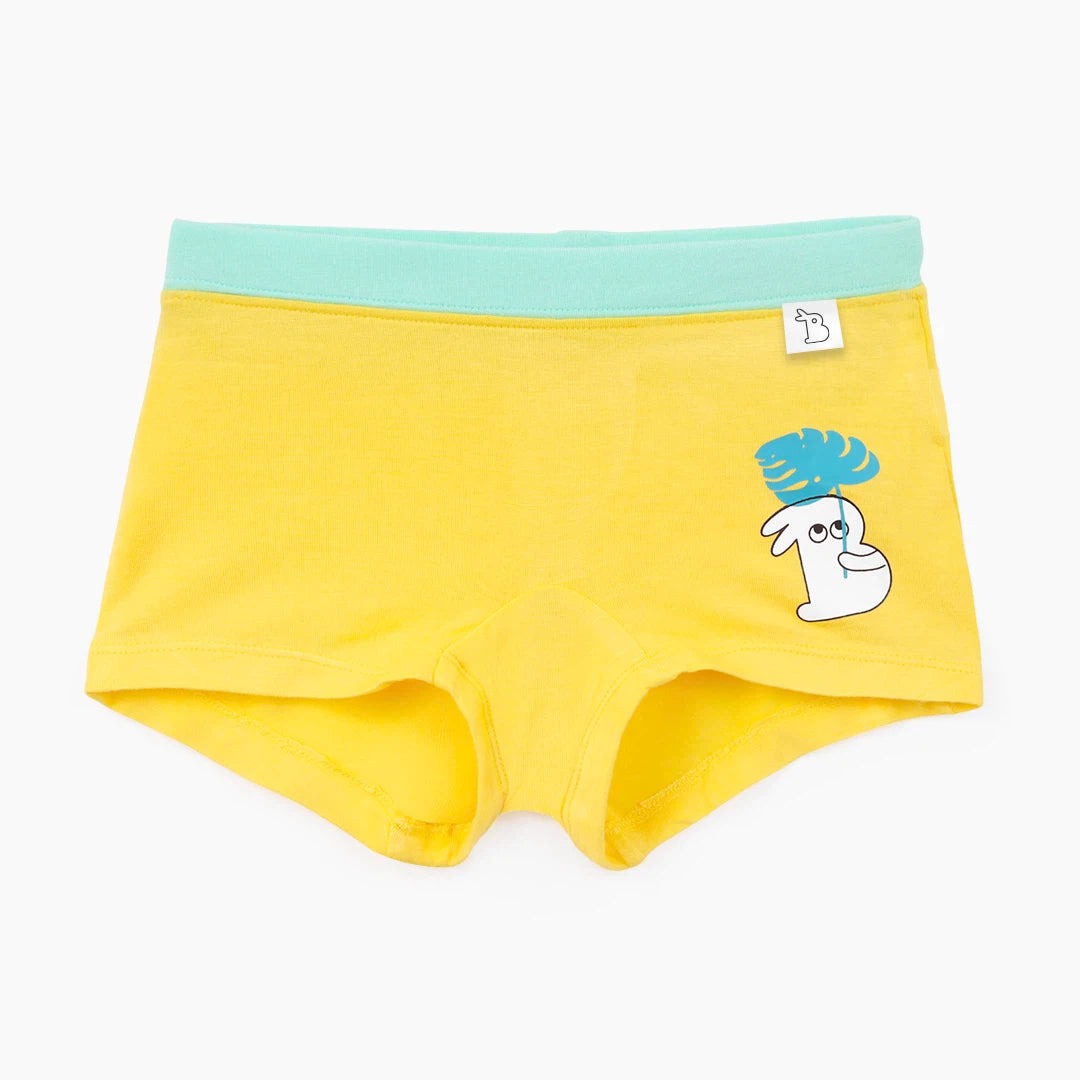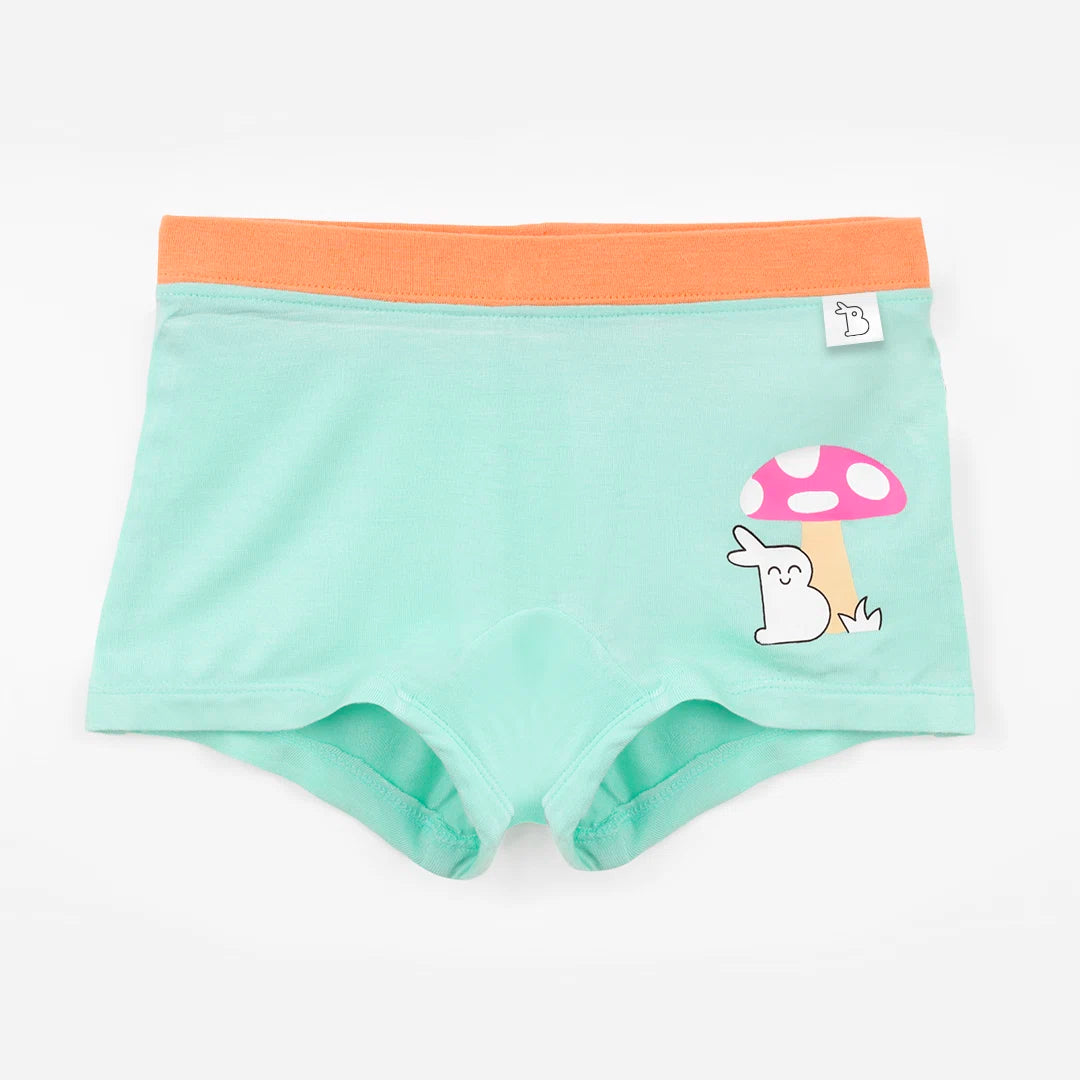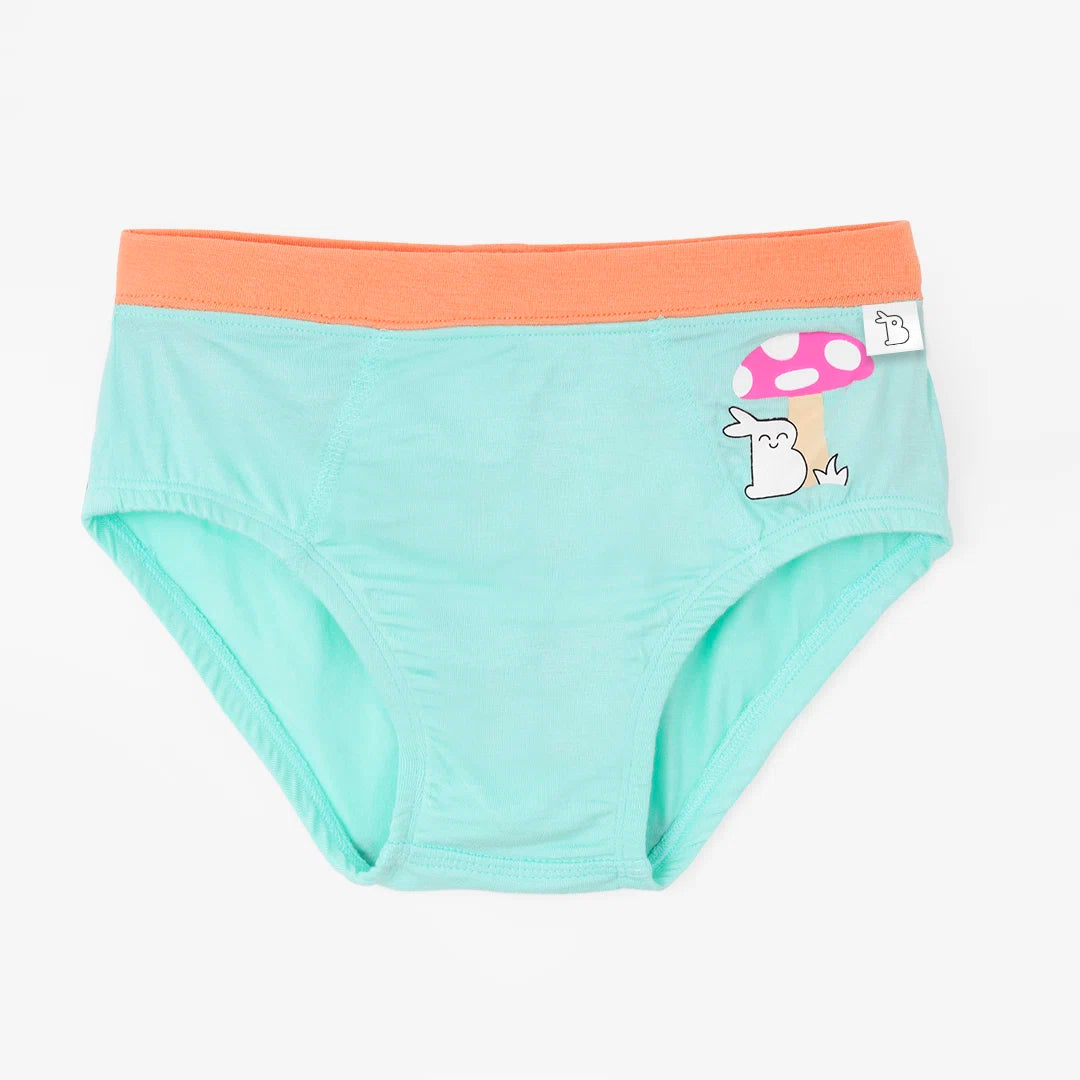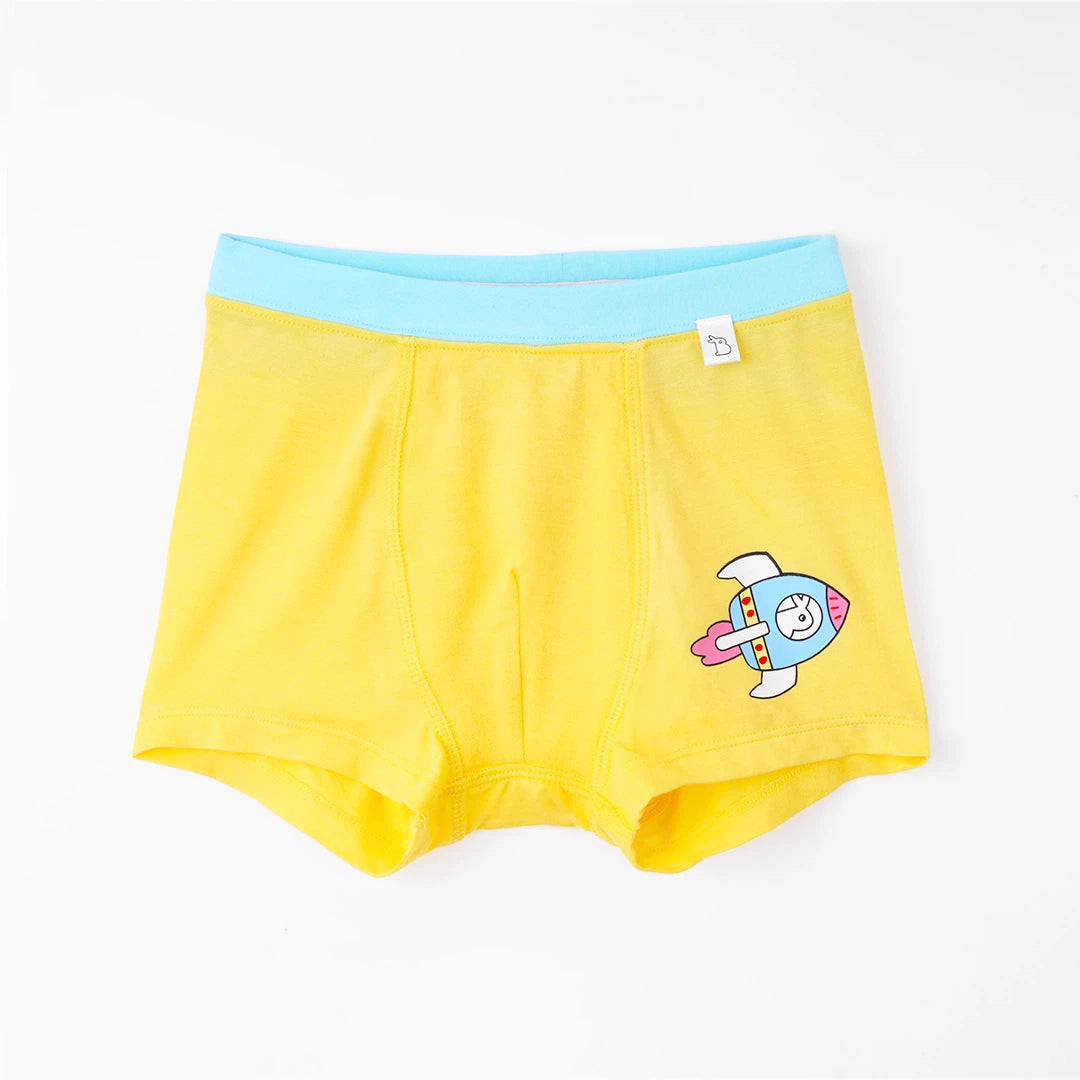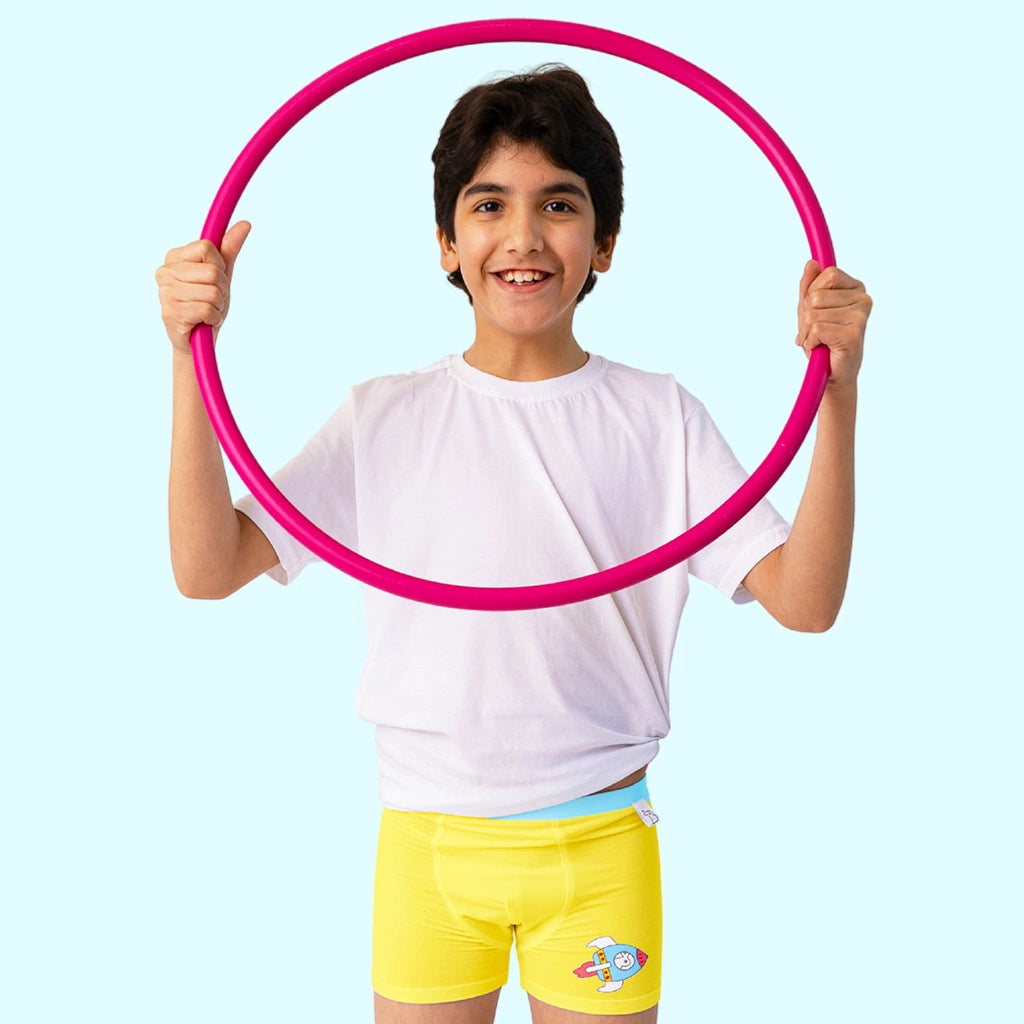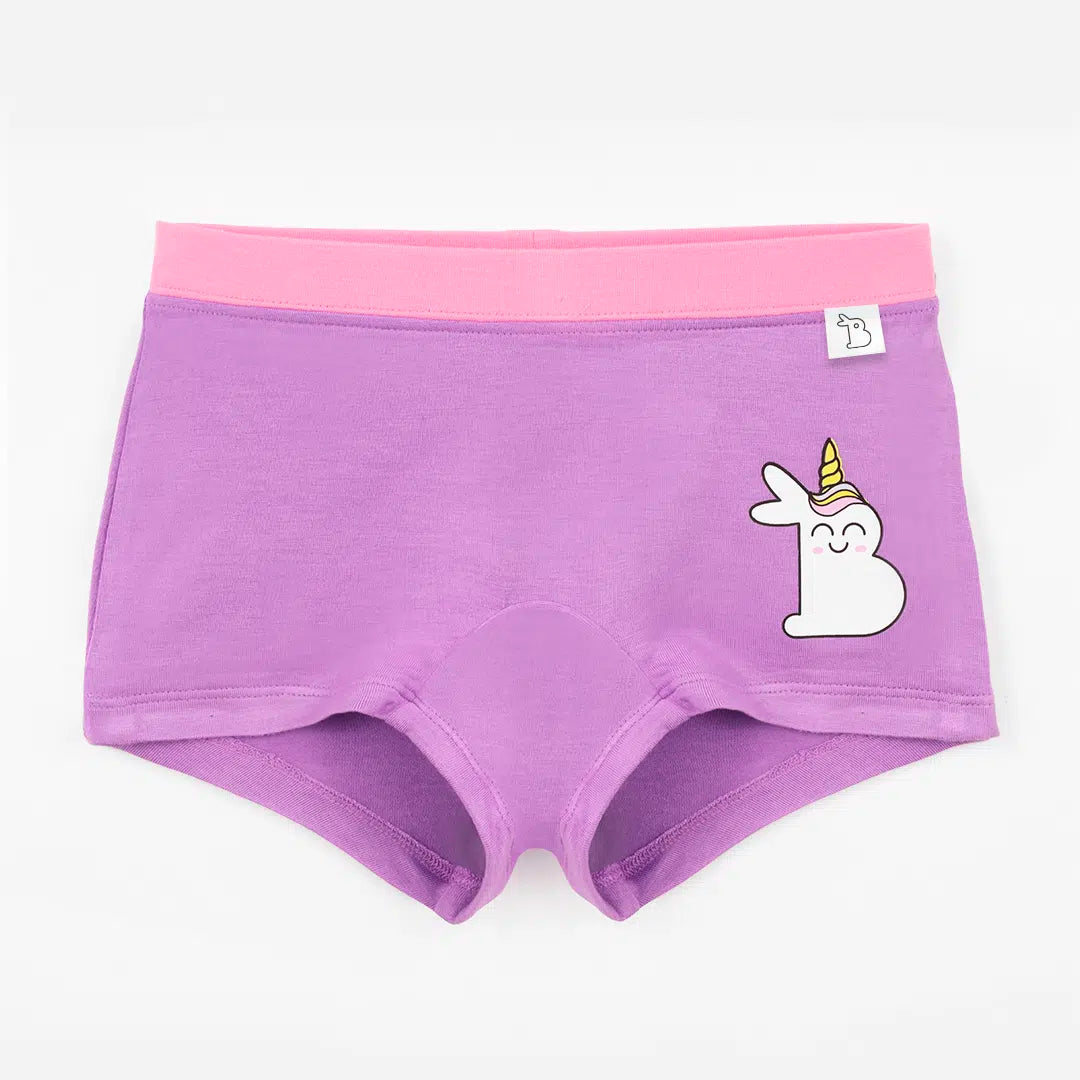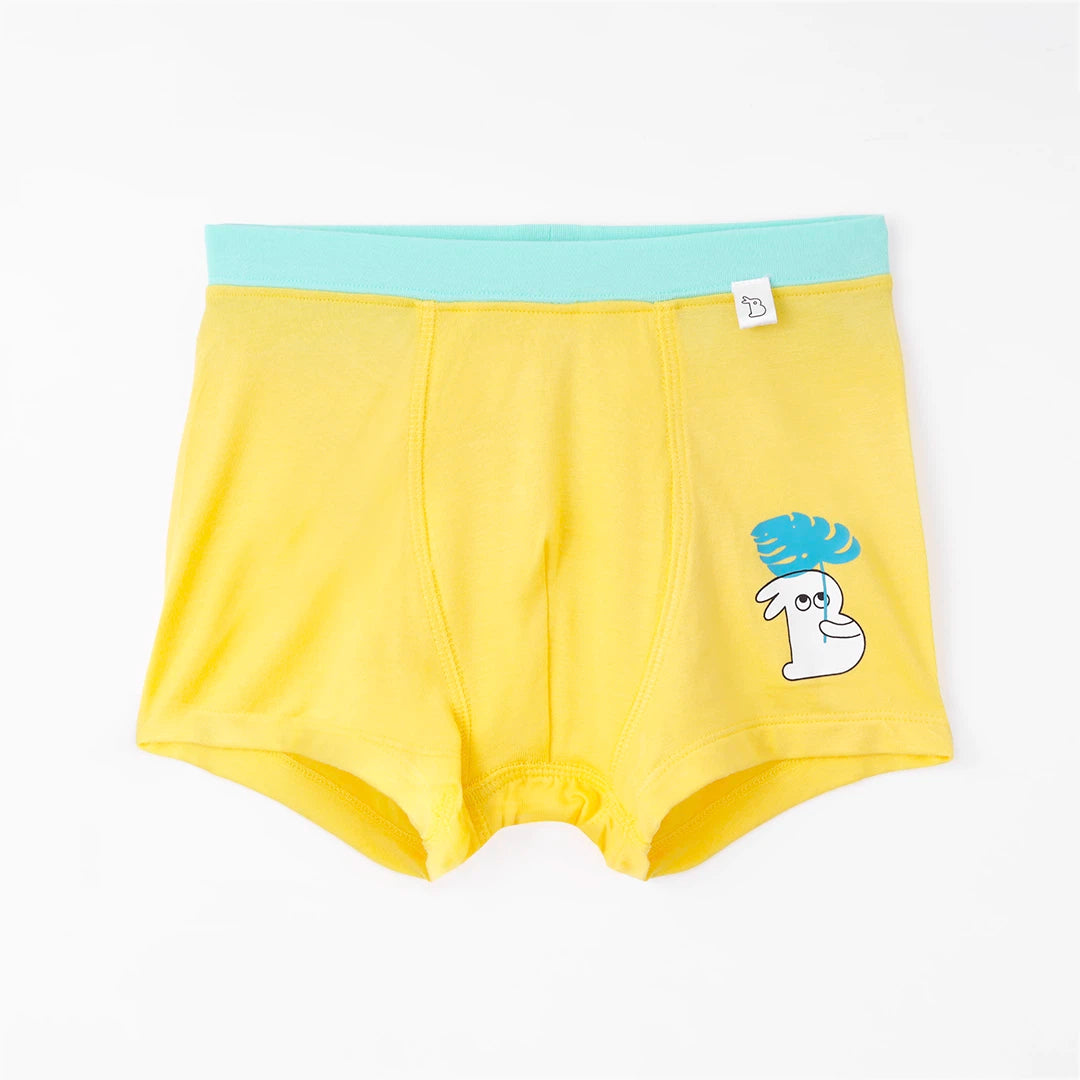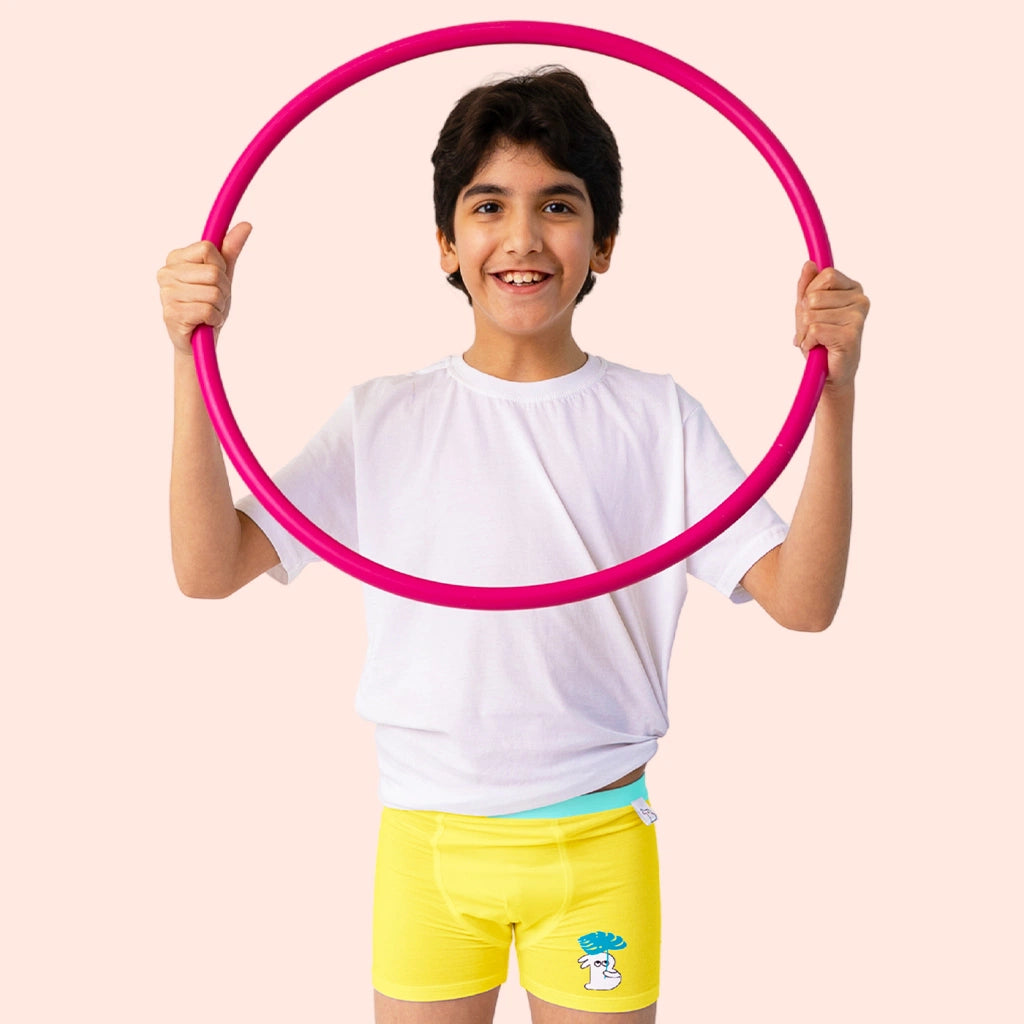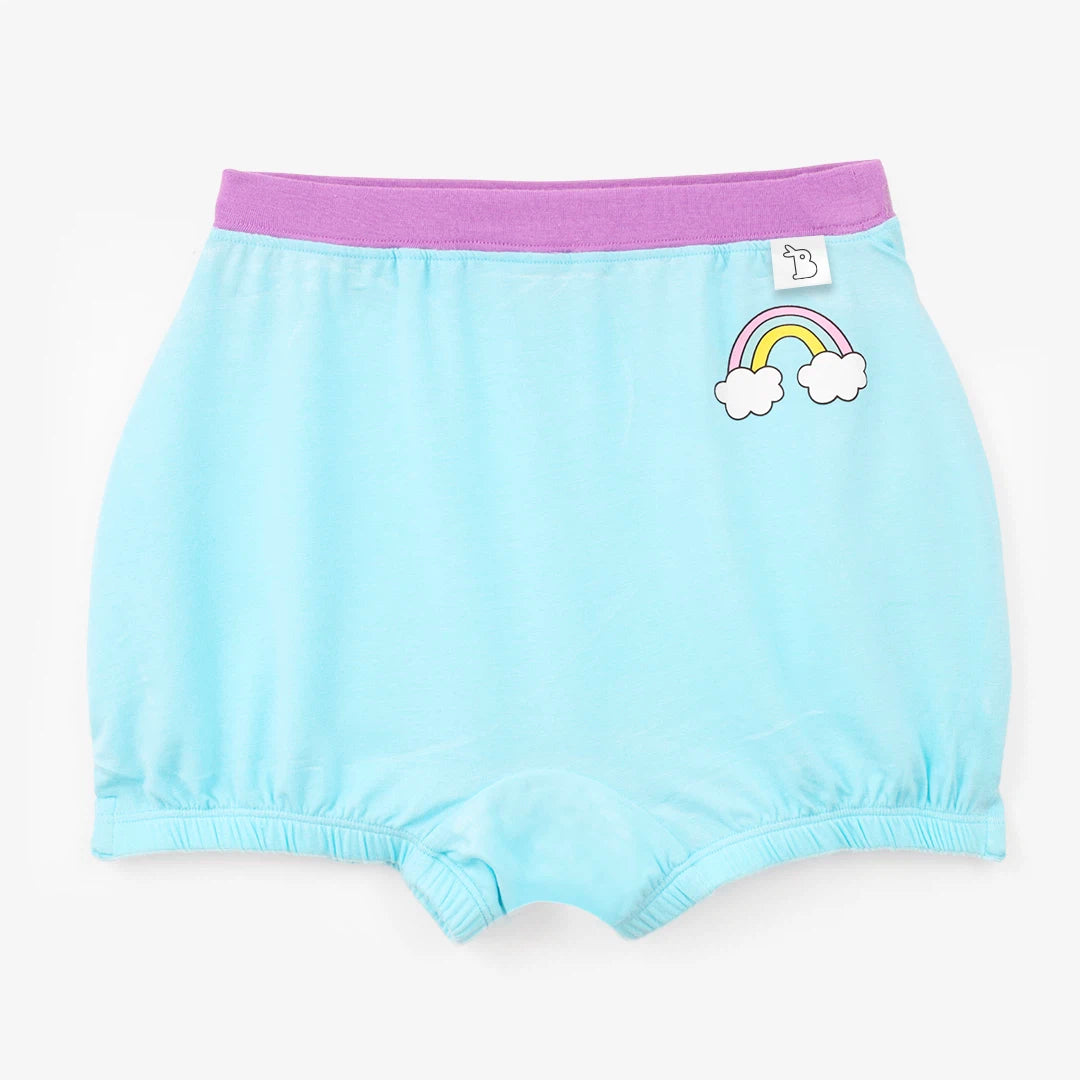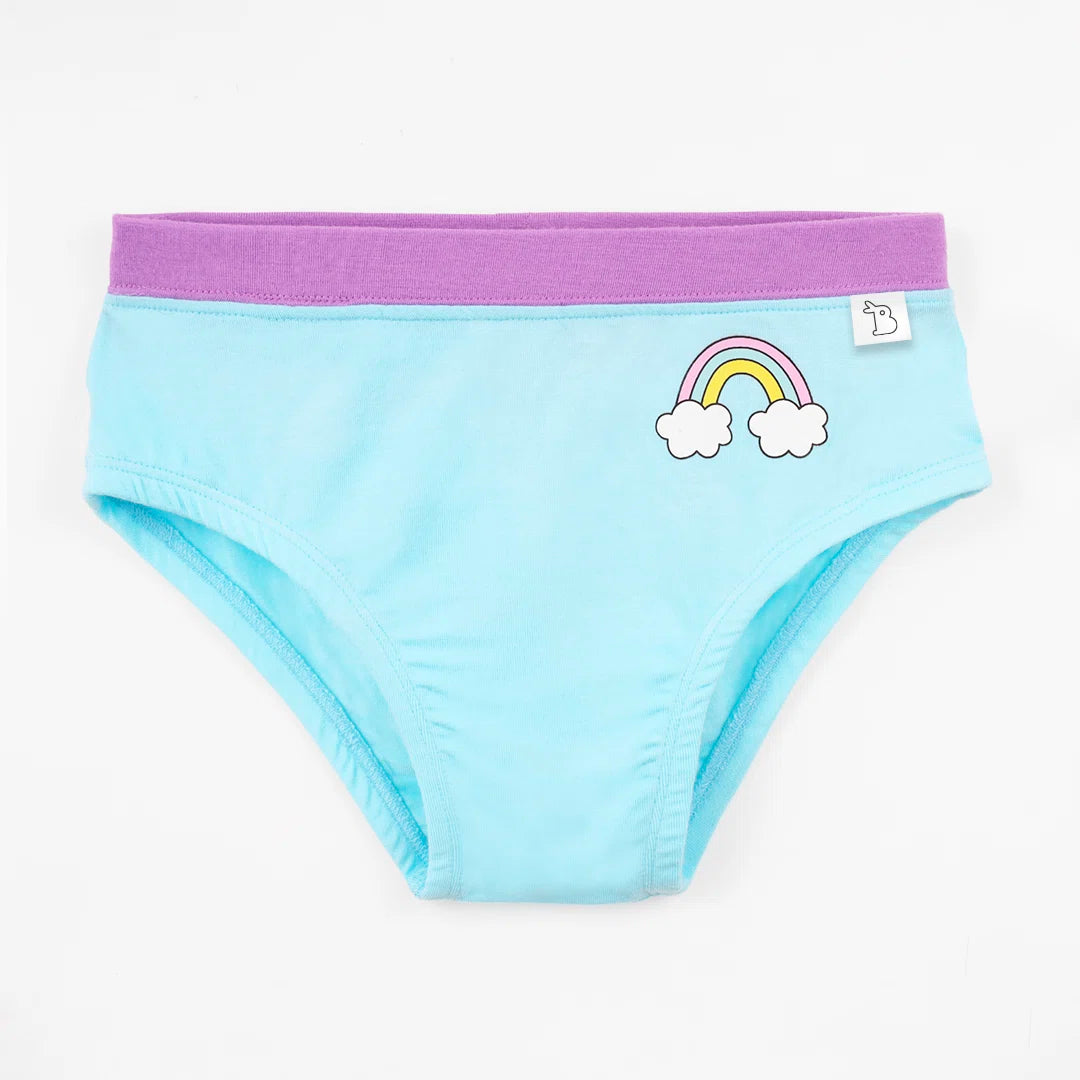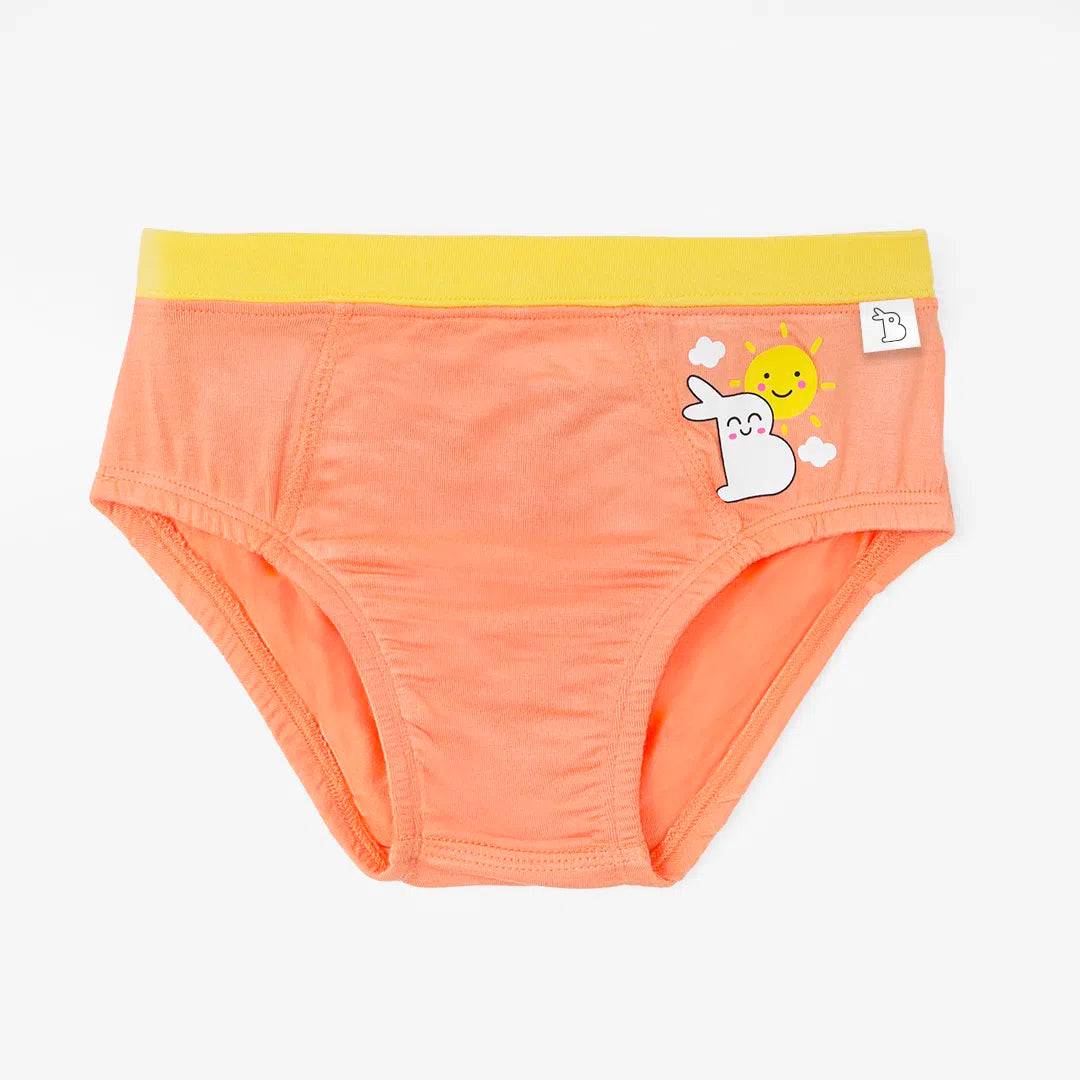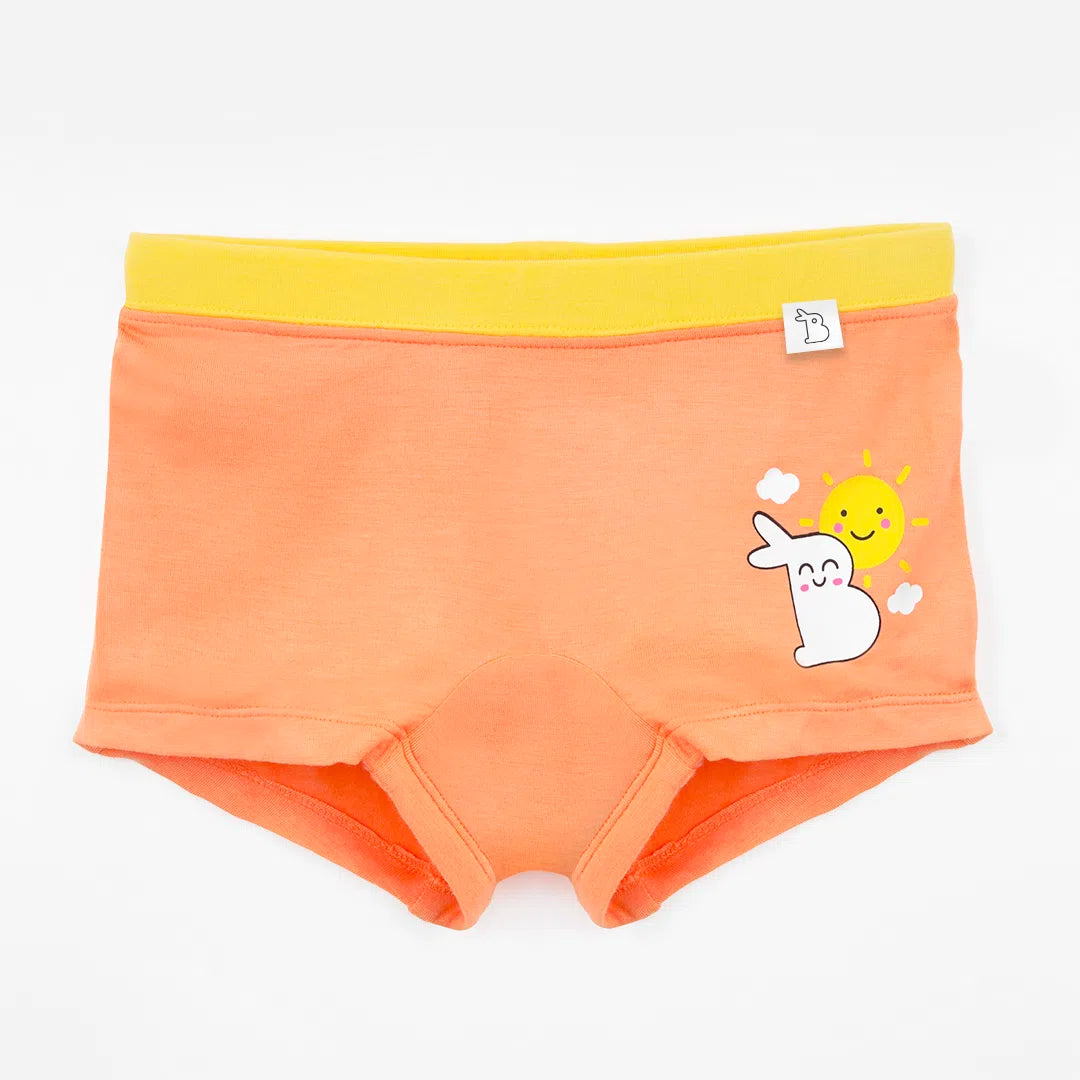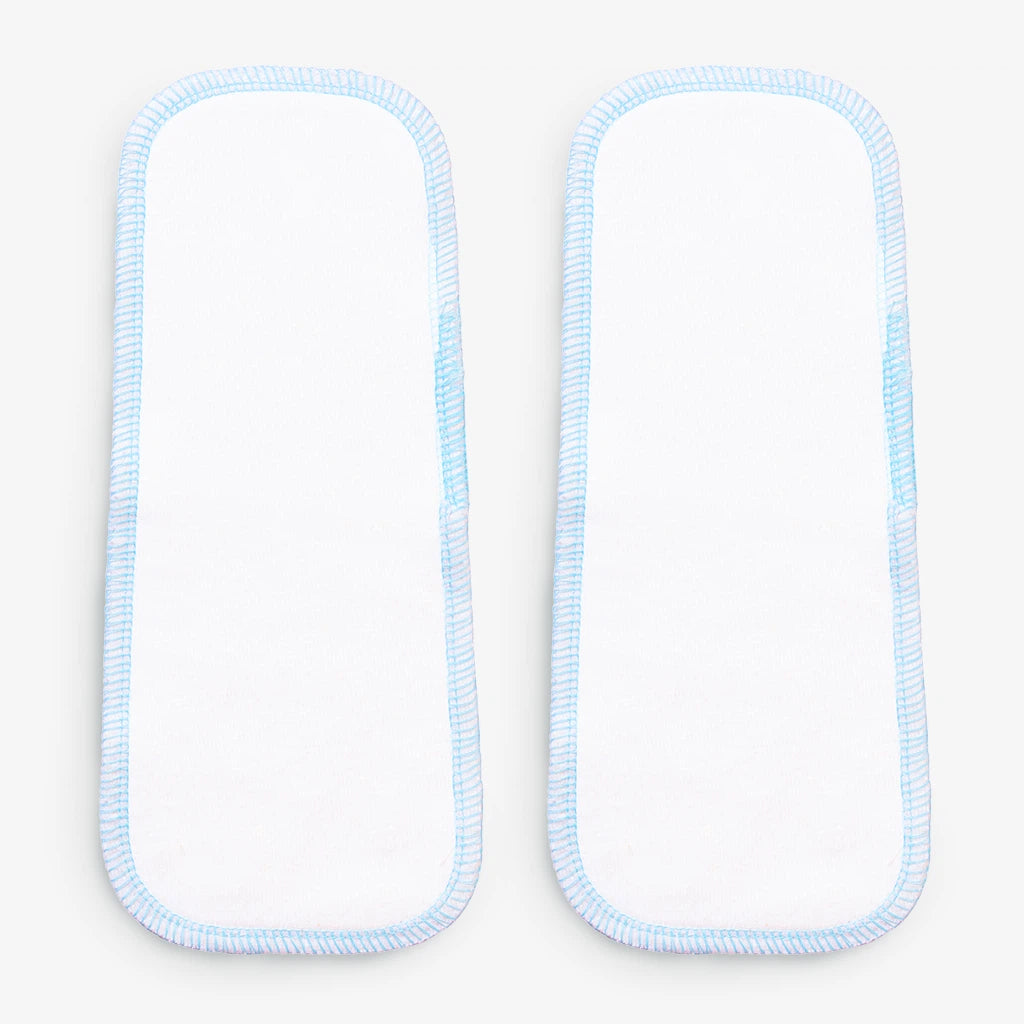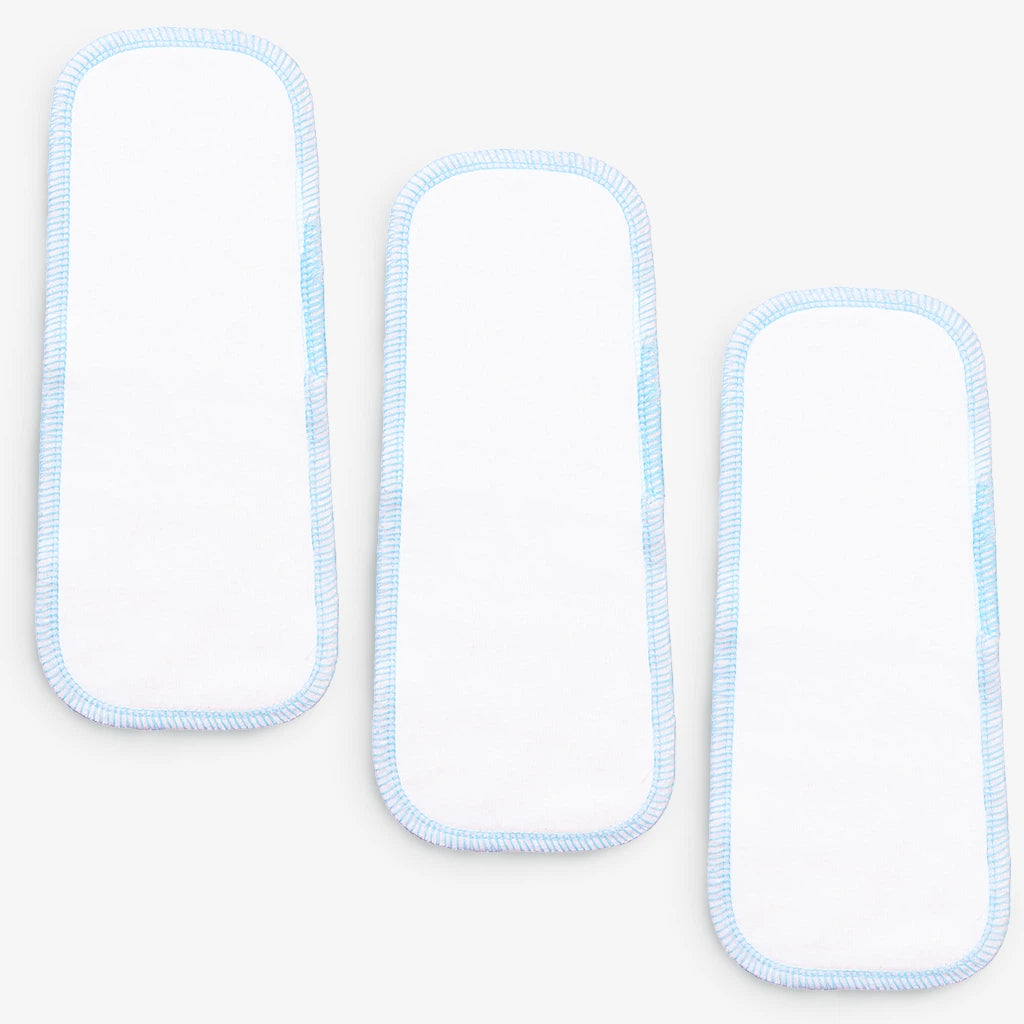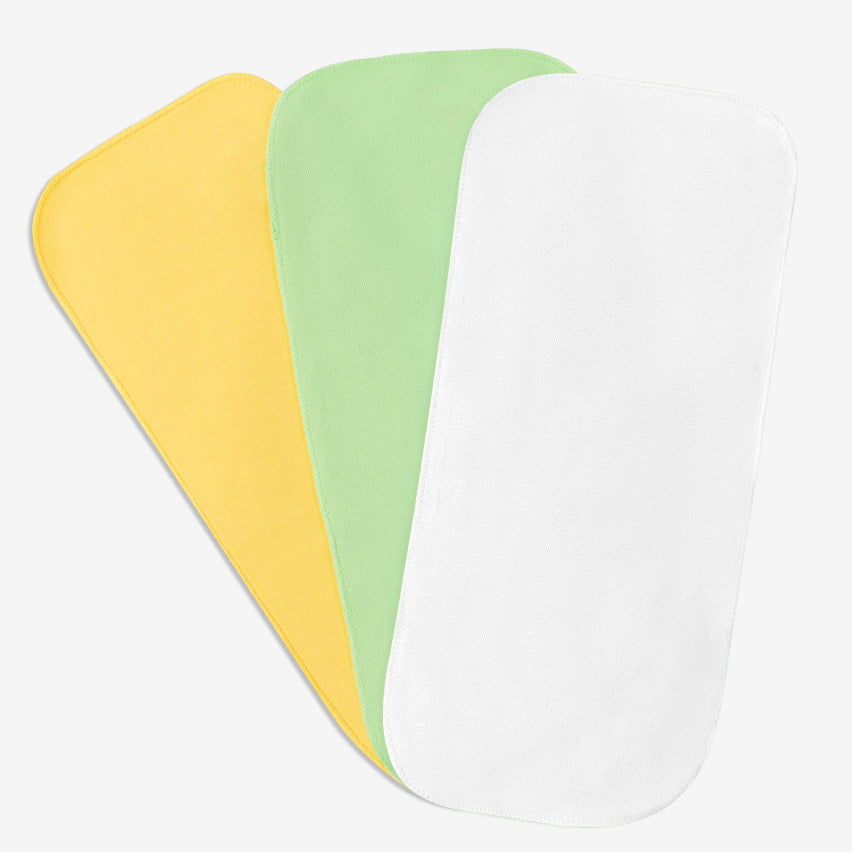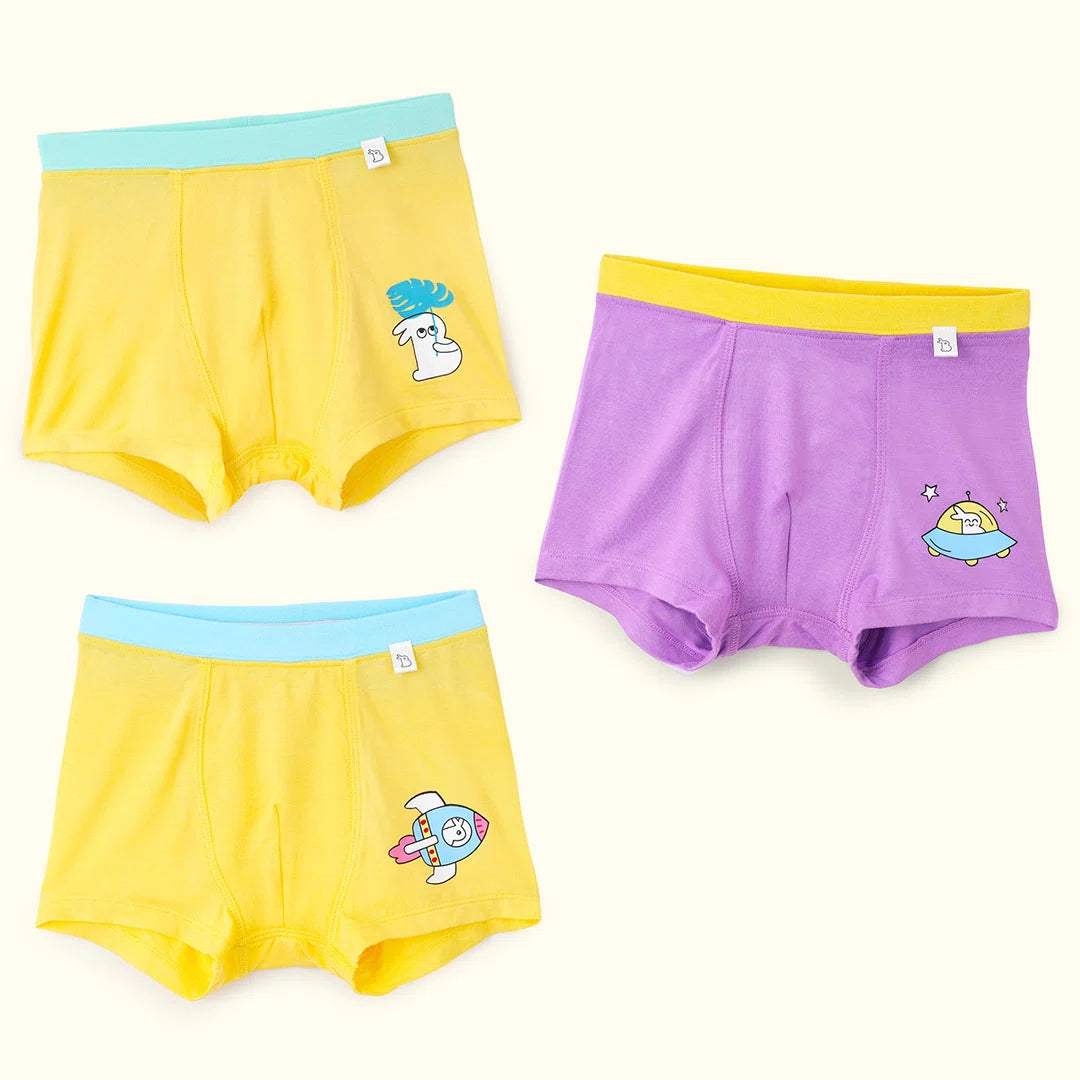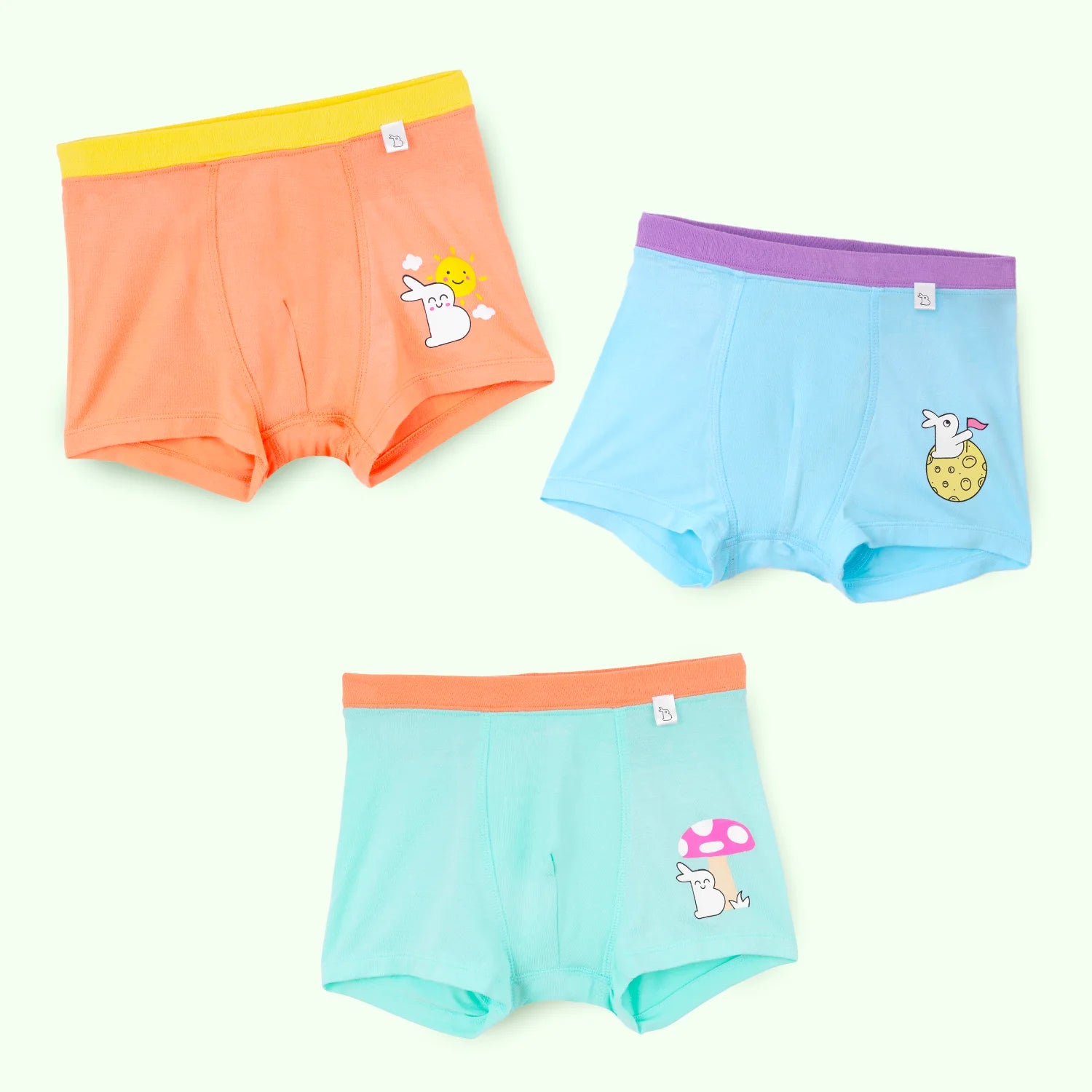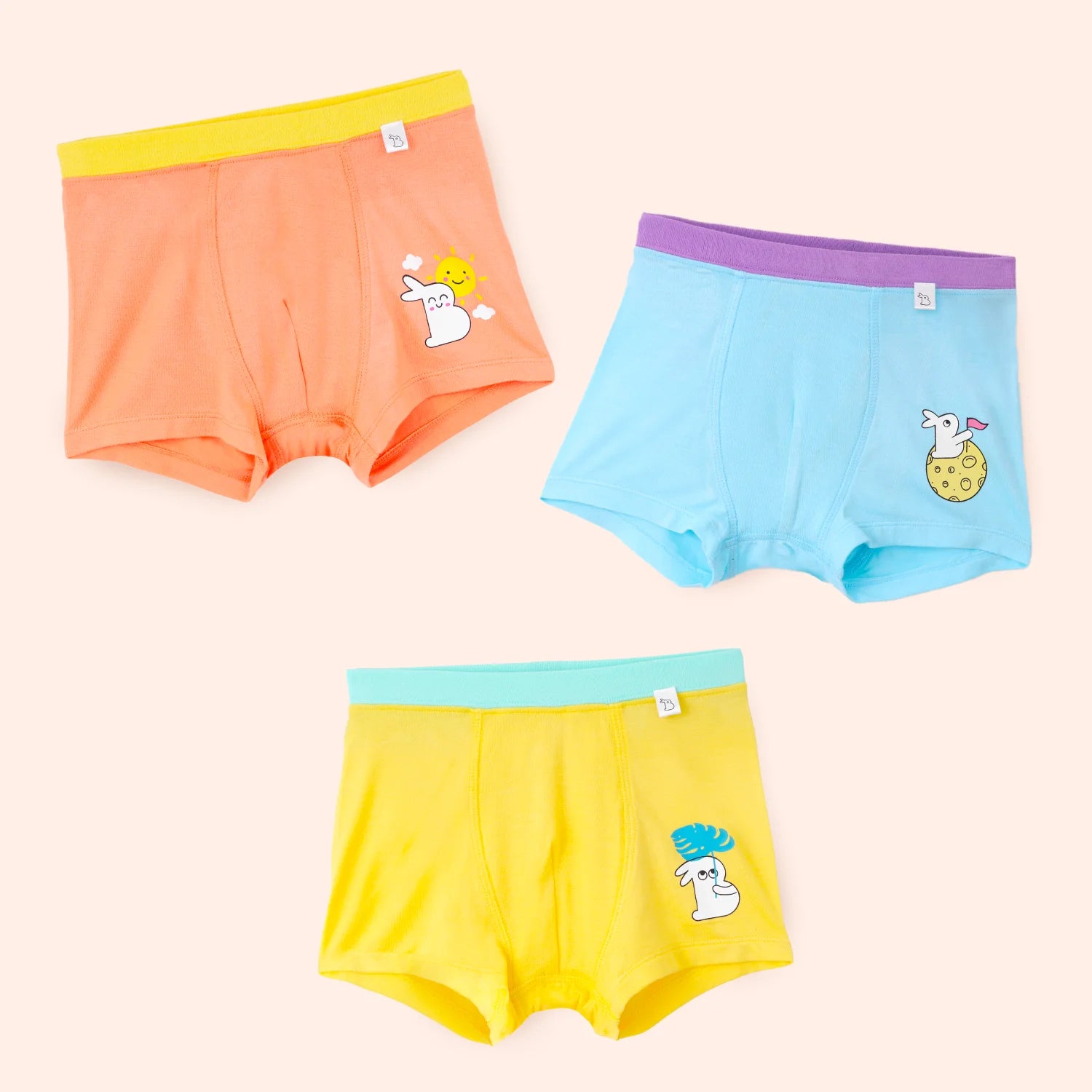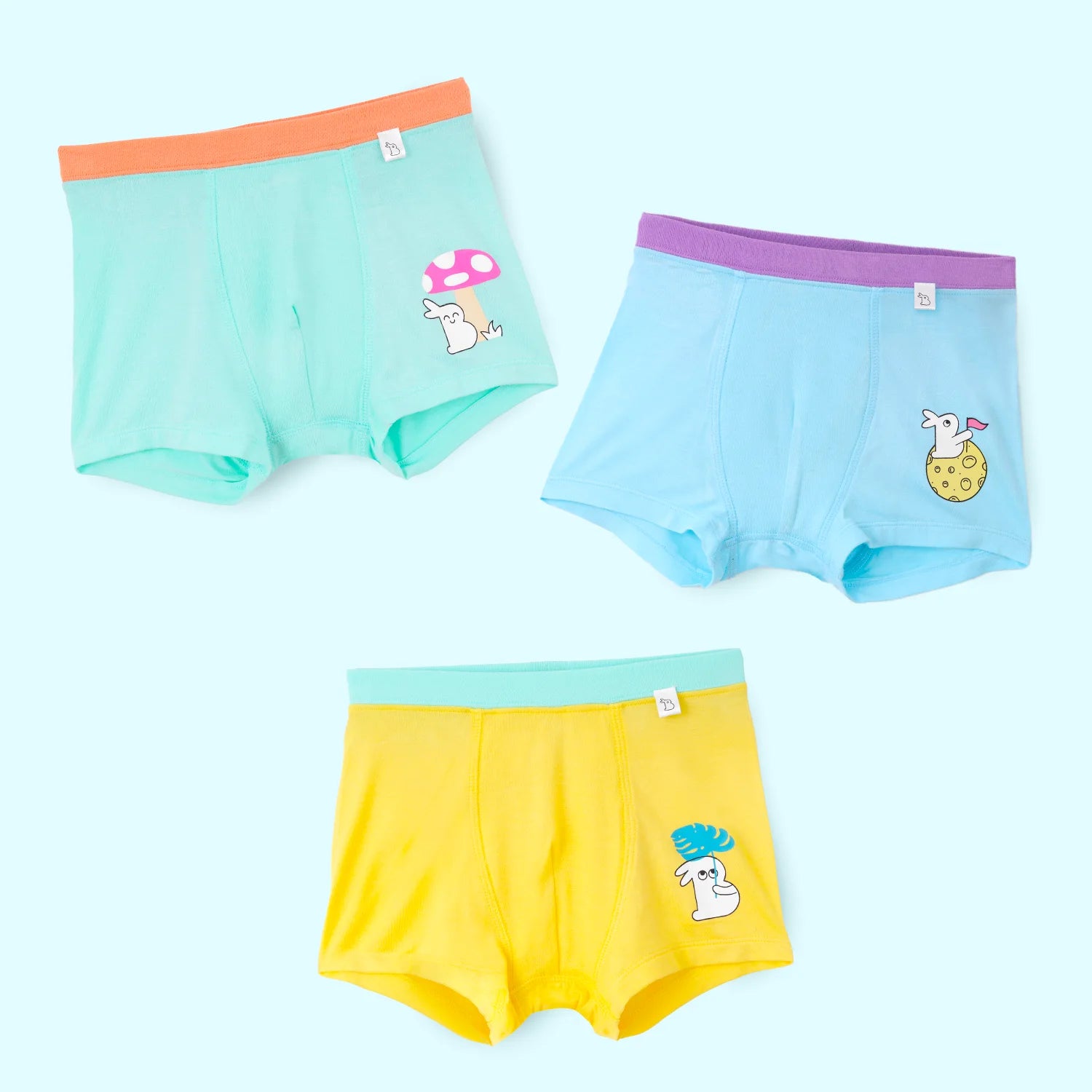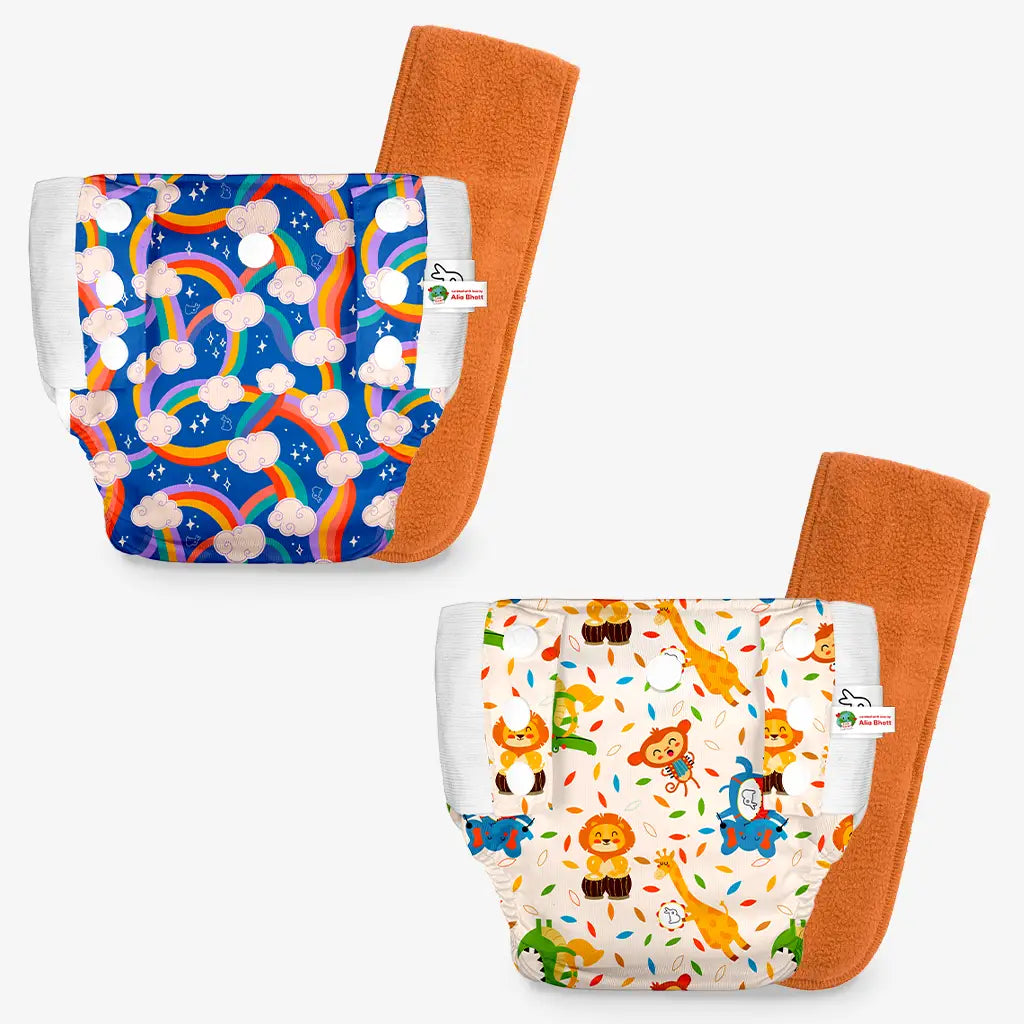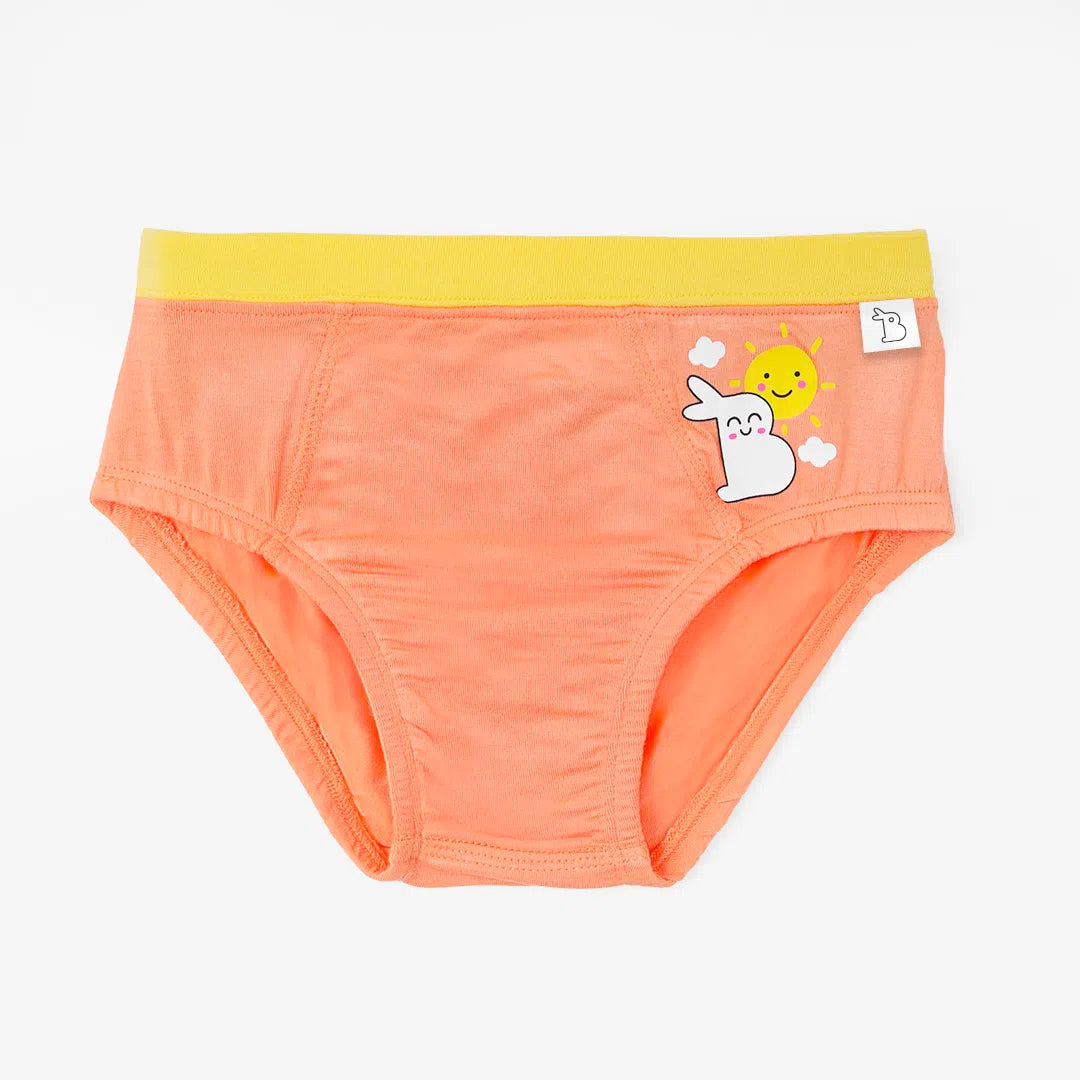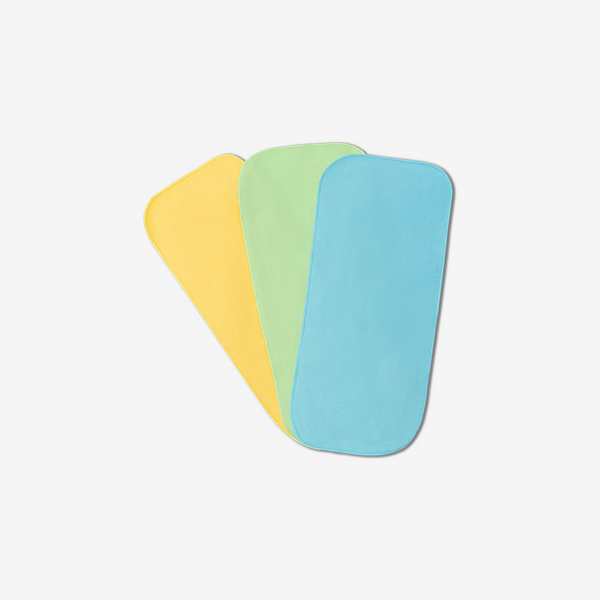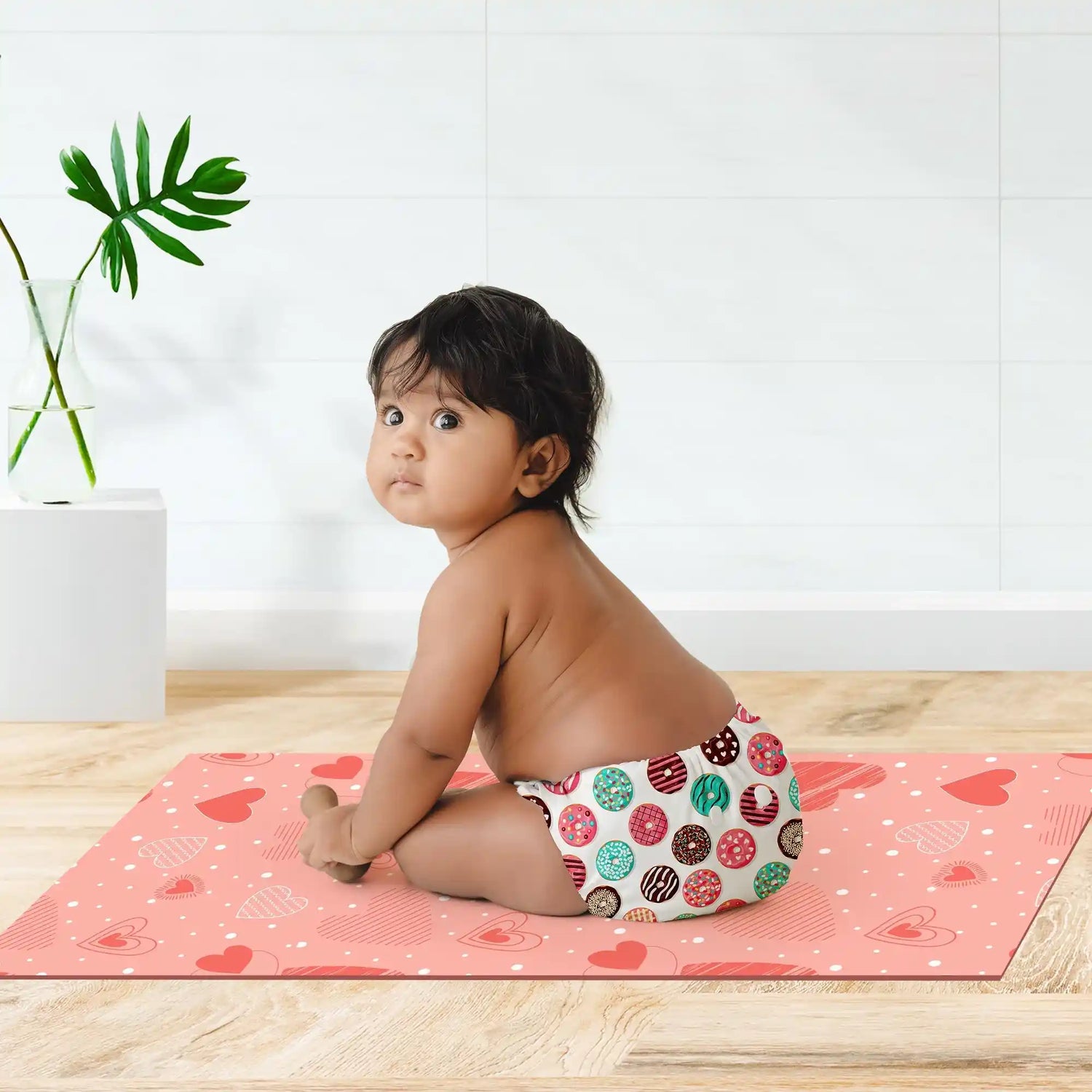Babies eat whenever they want. Like many other parents, you may wonder if your child is eating enough. Babies' loss of appetite is a common symptom of illness. However, there are several different causes for a baby's appetite loss. Babies, for example, may lose their appetite due to daily changes or a growth spurt.
Alternatively, some babies may lose their appetite while teething. These concerning factors are also affected by how active, excited, or tired they are, where they eat (at home or daycare, for example), and whether they are experiencing a growth spurt. To determine how well your toddler eats, look at eating patterns over the week rather than daily. Continue reading to know the factors that indicate loss of appetite in children.
Loss of Appetite Symptoms in Children
Children gradually lose their appetite. However, it is vital to recognise the symptoms so that you can make the necessary changes to your child's eating schedule or seek medical attention if necessary. If your child is losing their appetite, they will show the following symptoms:
1 Refusing to eat food that they usually enjoyed
2 Becoming upset while eating
3 Drooling all the time
4 Vomiting after eating
What Causes Loss of Appetite in Babies
There are several causes of loss of appetite. As your newborn baby grows older, their bodies undergo several changes that affect its food preferences, frequency of eating, and hunger. Some of the most common baby loss of appetite include:
1. Iron Deficiency
One of the most common causes of appetite loss in children is iron deficiency, also known as anemia. This is accompanied by symptoms such as chronic fatigue and whiteness of the skin. You must consult your doctor and include iron-rich foods in your little one's diet.
2. Teething
Babies usually lose their appetite for two to three weeks while teething. This is normal because their gums are sensitive. Teething can even cause inflamed gums, resulting in hypersensitive teeth. Even the slightest touch can be painful. If the baby refuses to eat due to pain, their health may suffer.
While teething, a few chilled fruits and ice lollies may be beneficial. If your baby is old enough for solid foods, you can feed them yogurt or apple, which is easier for them to eat. If the baby hasn't gained a normal appetite after two weeks, consult a doctor.
3. Growth Spurt
A baby's growth rate is at its peak until six months. This process slows down between 6 and 12 months. It decreases even more between the ages of 12 and 18 months. As a result, the body's calorie requirement decreases. This causes children as young as 16 months to lose their appetite.
Also read: Baby Milestone Chart: Growth, Developmental
4. Climatic Conditions
When the weather gets too hot, children lose their appetite due to overheating. The child is irritable and even sweaty, making it difficult for him to eat anything. When the weather is hot, you should ensure your baby is appropriately dressed in clothes such as Mulmul Jhabla.
SuperBottoms Mulmul Jhablas are made of the softest 100% cotton mulmul fabric, which comes with a comfortable wrap-over pattern and easy-snap buttons, which make it quick and hassle-free to put on. Give the child a lukewarm bath and make them seated in the more relaxed area of the house. This will help in providing immediate relief.
5. Viral Infection
Children's appetite gets affected when they have a health problem, such as a common cold, cough, or fever. The diet will return to normal once the child recovers from the condition. Any viral or bacterial infection may also cause children to lose their appetite.
Bronchitis, ear infections, and the flu are examples of such illnesses. With these conditions, the child's heart rate increases, and they have difficulty breathing. As a result, loss of appetite is seen in children. Getting vaccinated and taking your baby to regular check-ups will help you avoid these infections and maintain a healthy appetite.
5 Tips That Can Help Children Increase Their Appetite
You can increase your child's appetite. Here are a few simple steps you can take to make this happen:
1. Add Superfoods
Ajwain, basil, asafetida, ginger, cinnamon, and mint are excellent appetite stimulants for children aged 8 to 12 months. These foods help the digestive process, which makes the baby hungry.
2. Make Mealtime Enjoyable
Experiment with different ways to present food. By the age of eight months, children respond well to colours and shapes. So, consider including colourful foods that are visually appealing.
3. Increase Zinc Intake
Zinc intake can be increased by eating foods such as pumpkin seeds, beans, yogurt, and chicken. When the baby's body lacks zinc, its appetite suffers because the hydrochloric acid required for digestion is insufficiently produced.
4. Don’t Force Feed
Allow your child to refuse food and try again later. Force-feeding will make mealtime stressful for your child.
5. Avoid Frequent Meals
It takes approximately three hours for your baby to digest foods completely. The baby will only eat well if meals are served appropriately. Therefore divide your meals into smaller portions, like about five small meals, as it will make mealtime faster with less fuss.
|
Limited Time Offers + Special Gift Sets! Now or never Super SALE is live on the SuperBottoms website! Take advantage of unbeatable value deals on our UNO Cloth Diapers, Baby Essentials, and more. Looking for the perfect present for a newborn or a toddler? Explore our thoughtfully curated Gift Sets & Combos — safe, skin-friendly, and oh-so-cute! A bundle of love for little ones and a delight for parents. HURRY — Deals and Gift Packs are live only till stocks last. Don’t miss the chance to stock up & share the joy! |
Key Takeaways
1. Common Symptom: Babies' loss of appetite is a common symptom of illness.
2. Right Clothing: When the weather is hot, you should ensure your baby is appropriately dressed in clothes such as Mulmul Jhabla.
3. Consult a Doctor: If the baby hasn't gained a normal appetite after two weeks, consult a doctor.
Message from SuperBottoms
Hi there, new parents! SuperBottoms brings you doctor-recommended cloth diapers — the best rash-free diapering solution for your baby’s sensitive and delicate skin. Unlike disposable diapers loaded with chemicals, our newborn cloth diapers, when used and washed properly, can help eliminate the risk of diaper rashes. SuperBottoms offers a wide range of safe, skin-friendly essentials for the whole family — including Reusable Cloth Diapers, Diaper Pants, DryFeel langots for diaper-free time, Padded Underwear for potty training, SuperSoft Underwear for everyday comfort, Joggers for playful days, and Period Underwear for women. Not just for everyday use, SuperBottoms products also make the best gifting choice for babies — thoughtful, eco-friendly, practical, and loved by parents. Now available on Amazon, Myntra, Flipkart, FirstCry, Zepto, Swiggy and Blinkit.












